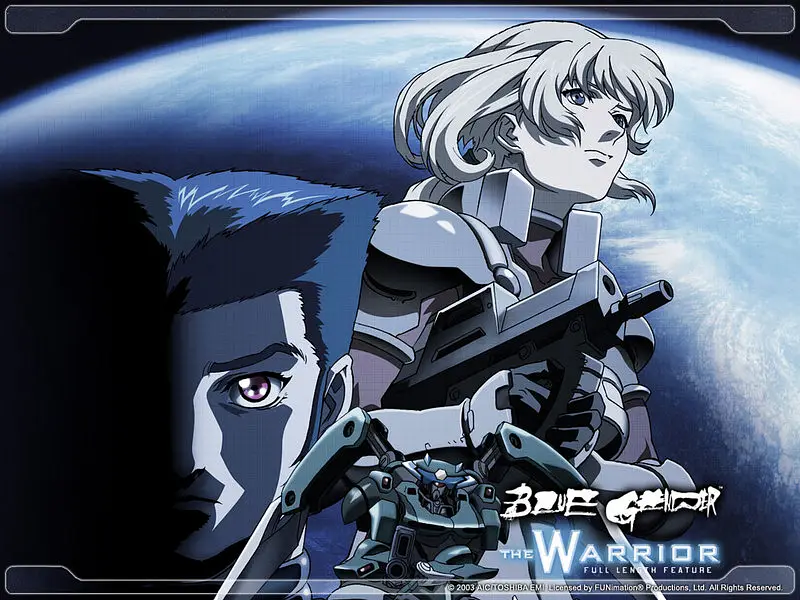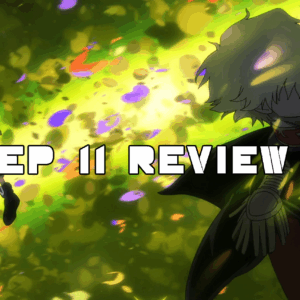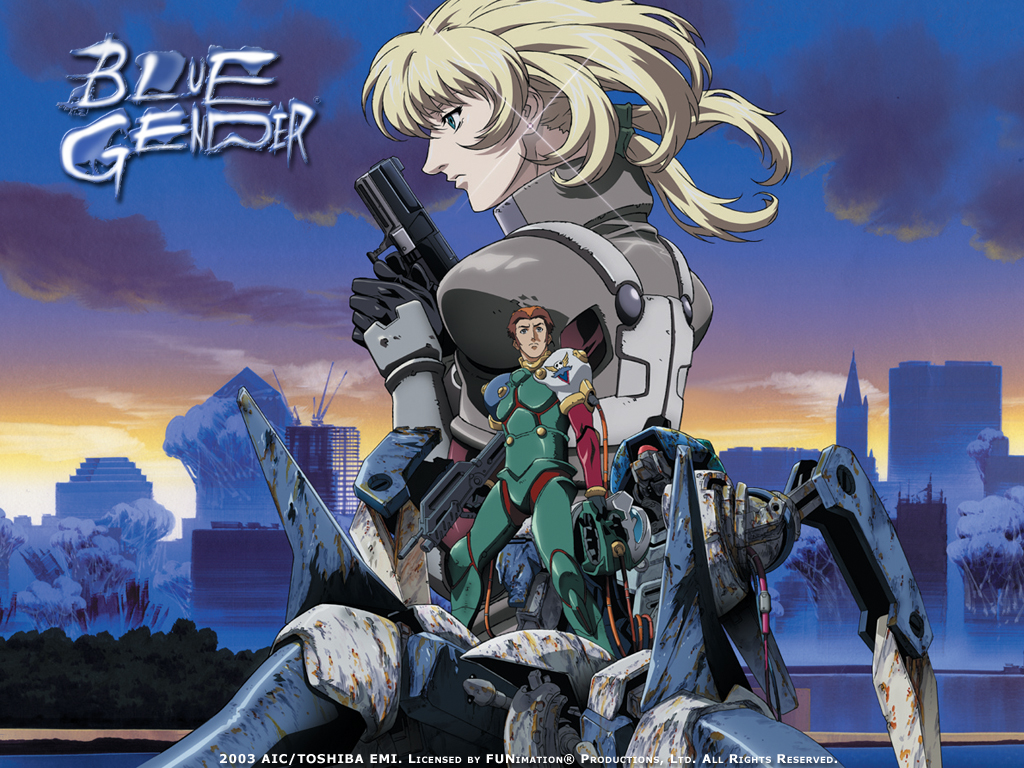
Series Recommendation: Blue Gender
“I will fight to eradicate the Blues from this world, no matter what it takes.”
Humans vs Aliens is perhaps the most prevalent trope in fiction, and mecha is no exception. Notables franchises include Macross, Fafner, Muv-Luv and many more. In particular, if you like Muv-Luv for its complex story and character development over time, then you’d definitely fancy the series that had a huge influence on it: Blue Gender. Blue Gender can be seen as a “proto-MuvLuv” where they take the conflict between humanity and an unexplainable horror to the edge of extinction.
Blue Gender is a 26-episode mecha anime set in a post-apocalyptic world where humanity faces extinction against the Blue, aka BluE That are Adversaries to the human race *ahem*. Created by Ryousuke Takahashi, renowned for Armored Trooper Votoms, and directed by Masashi Abe, the series was produced by AIC and aired from October 1999 to 2000. The story follows Yuji Kaido, a young man awakened from cryogenic sleep, and Marlene Angel, a hardened soldier from the space colony Second Earth, as they navigate deadly battles against the Blue and other threats on Earth.
Blue Gender is a 26-episode mecha anime set in a post-apocalyptic world where humanity faces extinction against the Blue, aka BluE That are Adversaries to the human race *ahem*. Created by Ryousuke Takahashi, renowned for Armored Trooper Votoms, and directed by Masashi Abe, the series was produced by AIC and aired from October 1999 to 2000. The story follows Yuji Kaido, a young man awakened from cryogenic sleep, and Marlene Angel, a hardened soldier from the space colony Second Earth, as they navigate deadly battles against the Blue and other threats on Earth.
+ PLOT: Blue Gender combined the usual mecha war story where a vetera soldier has to couple up with a young person who did not want to fight initially and just wanted to get away from it all with a grounded and psychological approach to the situation. The main character – Yuji Kaido – is a man out of time like Captain America, but unlike Steve, Yuji was just a normal college student when he went under the ice, sleeping in cryogenic stasis for many decades. He was awakened into a ruined world where monstrous creatures – Blue – was devastating the world with billions dead. If you think this is familiar, this is exactly like Shirogane Takeru at the start of Muv-Luv Unlimited. And it was then that he met his “Meiya” – the headstrong soldier who learned humanity and compassion from him – Marlene Angel.
Marlene is a skilled soldier from Second Earth – essentially space ships stations that a small portion of humanity managed to escape to. Marlene was trained to be an emotionless killing machine ever since she was young, and that’s all she ever knew. She was sent to Earth to retrieve the people who went into stasis decades ago, and they weren’t supposed to be woken up. But Yuji did, so now Marlene and her team has to deal with Yuji’s emotional state as well as trying to get back to space. And along the way, Yuji’s humanity bled into Marlene, and vice versa where Marlene’s cold and logical thinking started taking roots in Yuji.
The plot and character development in Blue Gender is actually quite ingenious. It shows how people can affect others in both positive and negative way, but in the end, if you face your partner with a pure heart, your feelings will get through. The fact that Marlene and Yuji’s character slowly swap place throughout the series will make audience conflicted on who to support, further highlighting the grey areas of the series. Furthermore, the unconventional use of “sex” as “escapism” add to the distortion of the world view. This point is also reflected in Muv-Luv and is most likely a reference to none other than Starship Troopers.
+ Animation: The series was decent for the time, if not to say slightly below average. The mecha combat felt quite…monotonous and a bit more like sliding Powerpoints rather than smooth an agile mechas. I understand that the characters and plot were more prioritized in the series, but they could definitely improve on the animation. The Blue monsters however, was actually quite well done. They communicate the Blue’s terrifying nature and uncaring destructive instincts very well through their actions. The sound effect for this series is also extremely well done. And if you’ve already played the Muv-Luv Visual Novels, prepare your ears for some very PTSD-triggering sounds…
+ Mecha Design: Shigenori Kurii placed the foundation for TSF in the series. The Armor Shrikes are sleek, edgy ground-based mechs that have a lot of potential for great dynamic combat. However, they didn’t really do much with them. The Armor Shrikes looks very cool, and design wise it is very militaristic in terms of color-scheme, with no obvious “hero units” and most have a dark gray color-scheme for mass production. Although their designs are cool, the studio didn’t really put a lot of work into making their movements dynamic, since most of it are still frames with shotting effect or they are just sliding on the ground slowly which look a bit…lazy.
+ Mecha Design: Shigenori Kurii placed the foundation for TSF in the series. The Armor Shrikes are sleek, edgy ground-based mechs that have a lot of potential for great dynamic combat. However, they didn’t really do much with them. The Armor Shrikes looks very cool, and design wise it is very militaristic in terms of color-scheme, with no obvious “hero units” and most have a dark gray color-scheme for mass production. Although their designs are cool, the studio didn’t really put a lot of work into making their movements dynamic, since most of it are still frames with shotting effect or they are just sliding on the ground slowly which look a bit…lazy.
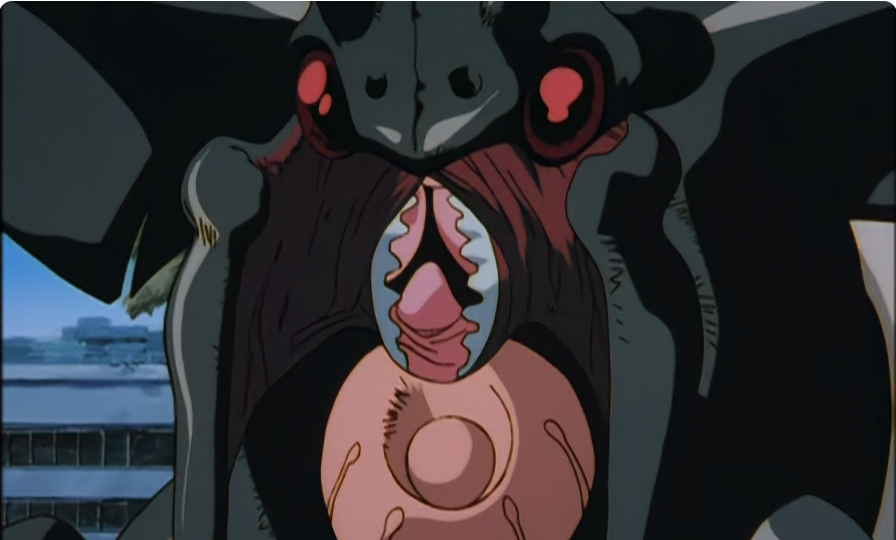
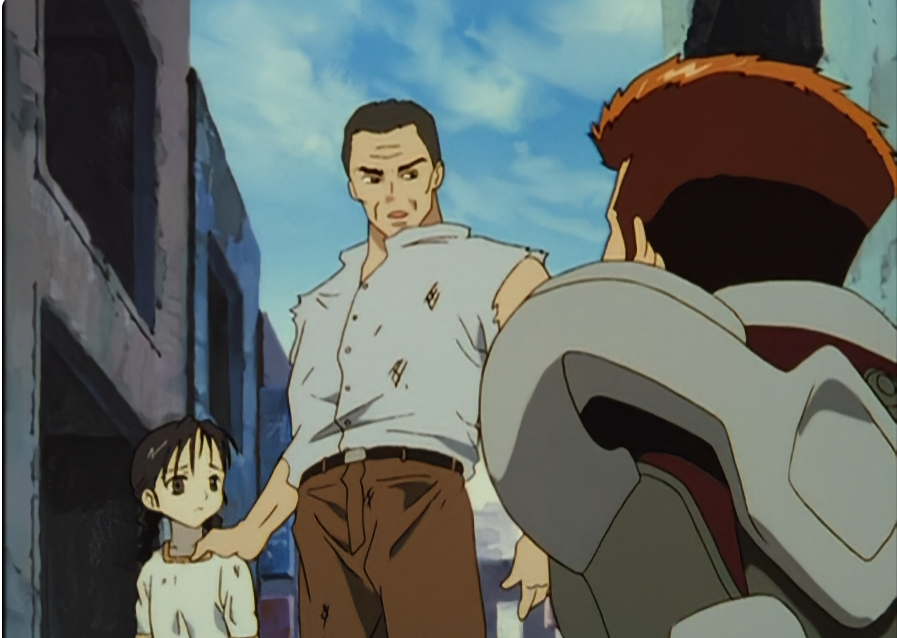
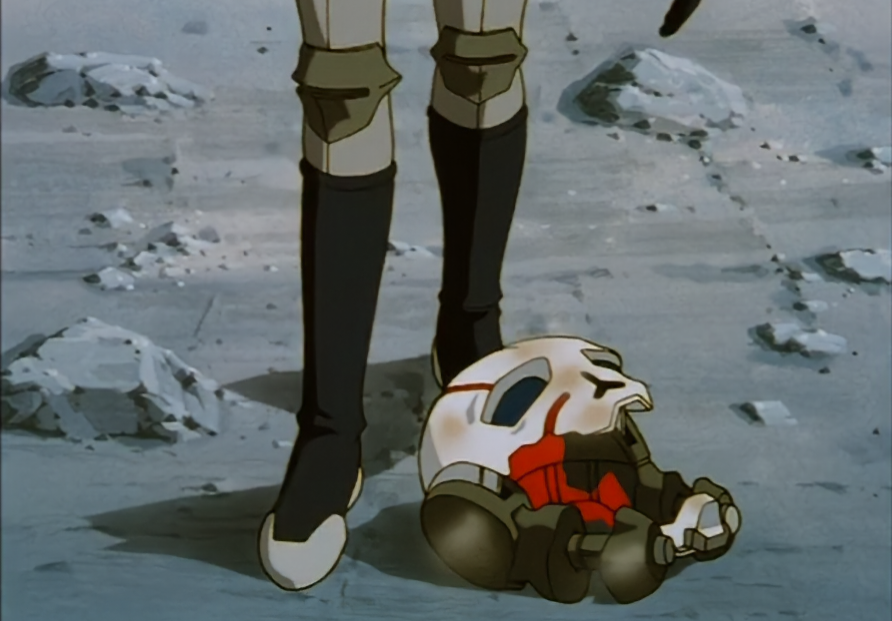
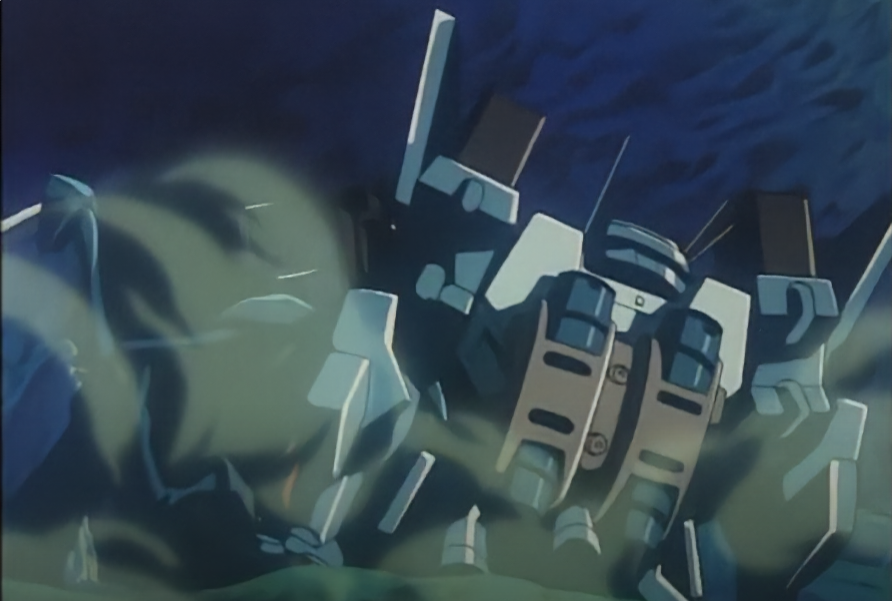
+ Music: One of the best aspect of the series. The opening “Tokihanate!” is an intense rock song with an extremely energetic chorus. The start of the song is a bit slow, but you can feel the energy building, and when the chorus hit with the “Set me free now!” line, you can feel the cathartic release of emotions that is exceptionally fitting for the show’s tone. Meanwhile, the ending “Ai no Tsumi” is a slow and brooding ballad sung by none other than Marlene’s voice actress – Houko Kuwashima – emphasizing the themes of loss and human’s fragility as a reflection of her own character. Absolute masterpieces at the start and end of each episode.
+ Conclusion: Blue Gender is a great series about human’s fight-or-flight instinct, and the meaning of existence as well as the circle of “life on Earth”. The Blue – just like many other human vs aliens’ series – represent an existential threat to not only the living environment and the physical wellbeing of humans, but also their psyche. We also see how someone could change and grow as a person even though they have been indoctrinated during a war. The series show that in the face of extinction, humanity can either choose to run away or fight to the death blindly, or they can choose another path that may bring about the final glimmer of hope.
+ Conclusion: Blue Gender is a great series about human’s fight-or-flight instinct, and the meaning of existence as well as the circle of “life on Earth”. The Blue – just like many other human vs aliens’ series – represent an existential threat to not only the living environment and the physical wellbeing of humans, but also their psyche. We also see how someone could change and grow as a person even though they have been indoctrinated during a war. The series show that in the face of extinction, humanity can either choose to run away or fight to the death blindly, or they can choose another path that may bring about the final glimmer of hope.
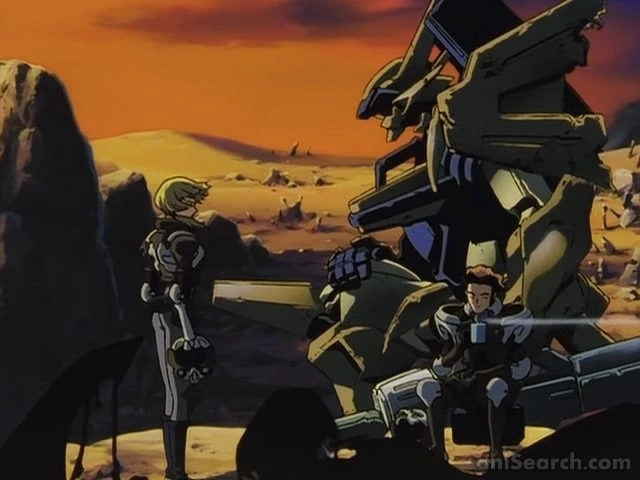
Check out more recommendations:
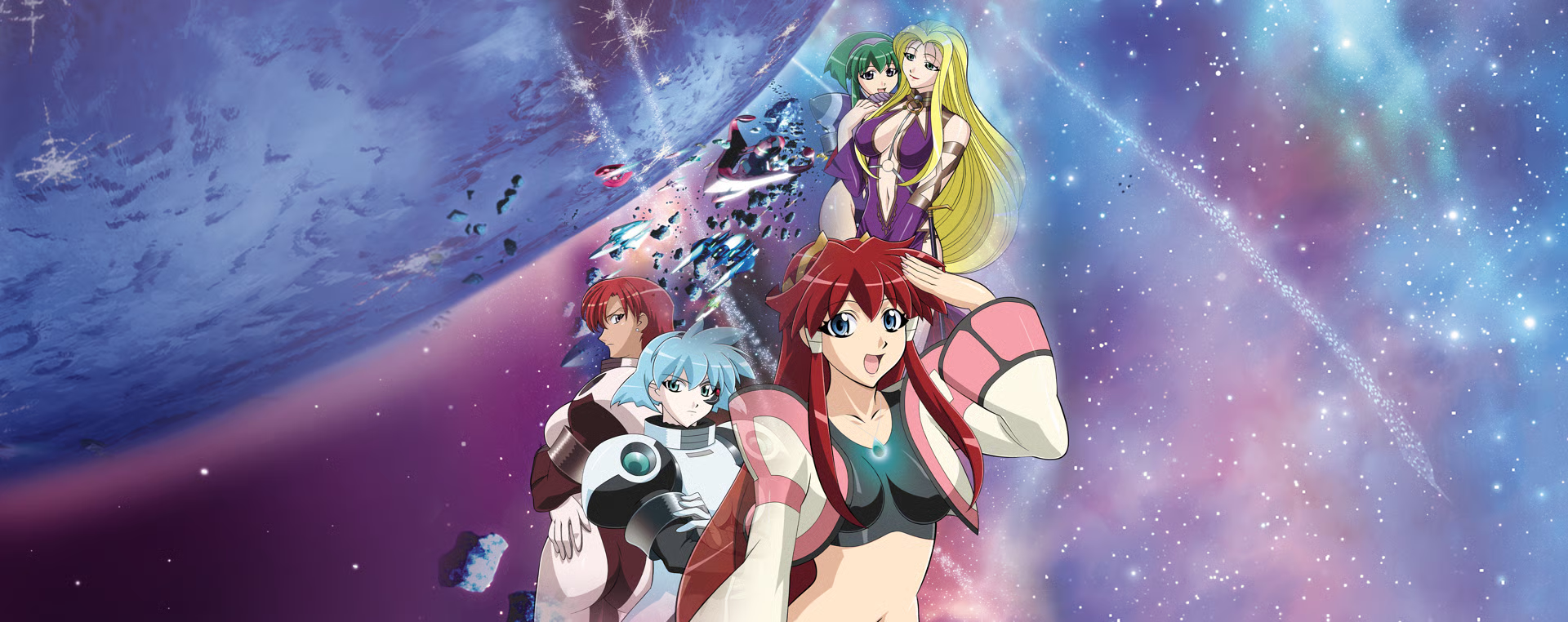
An action-filled romcom that takes place in the vast space, Vandread is a story about a society divided. For some obscure reasons, men and women are forced to live separately on different colonies, destined to never come into contact with each other. Until the day Hibiki Tokai, our teenage hormone-filled male, decided to steal a Vanguard – a mecha used for the gender war. He then got caught in an attack by female pirates and was forced to journey with them when they all got thrown through a wormhole and had to look for a…
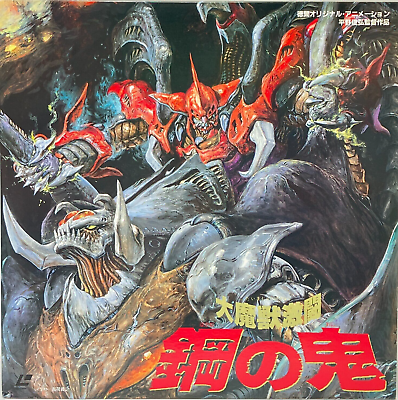
Daimajū Gekitō: Hagane no Oni (大魔獣激闘 ~鋼の鬼~, Fierce Battle of Colossal Beasts: Steel Devil) is a 1987 Japanese original video animation directed by Toshiki Hirano, with a screenplay by Shō Aikawa. Mechanical designs were handled by Kōichi Ōhata, and Masami Ōbari served as animation director. The story follows Takuya, who visits a research facility to reconnect with an old friend, uncovering their shared involvement in a mysterious experiment conducted three years earlier, in 1984.
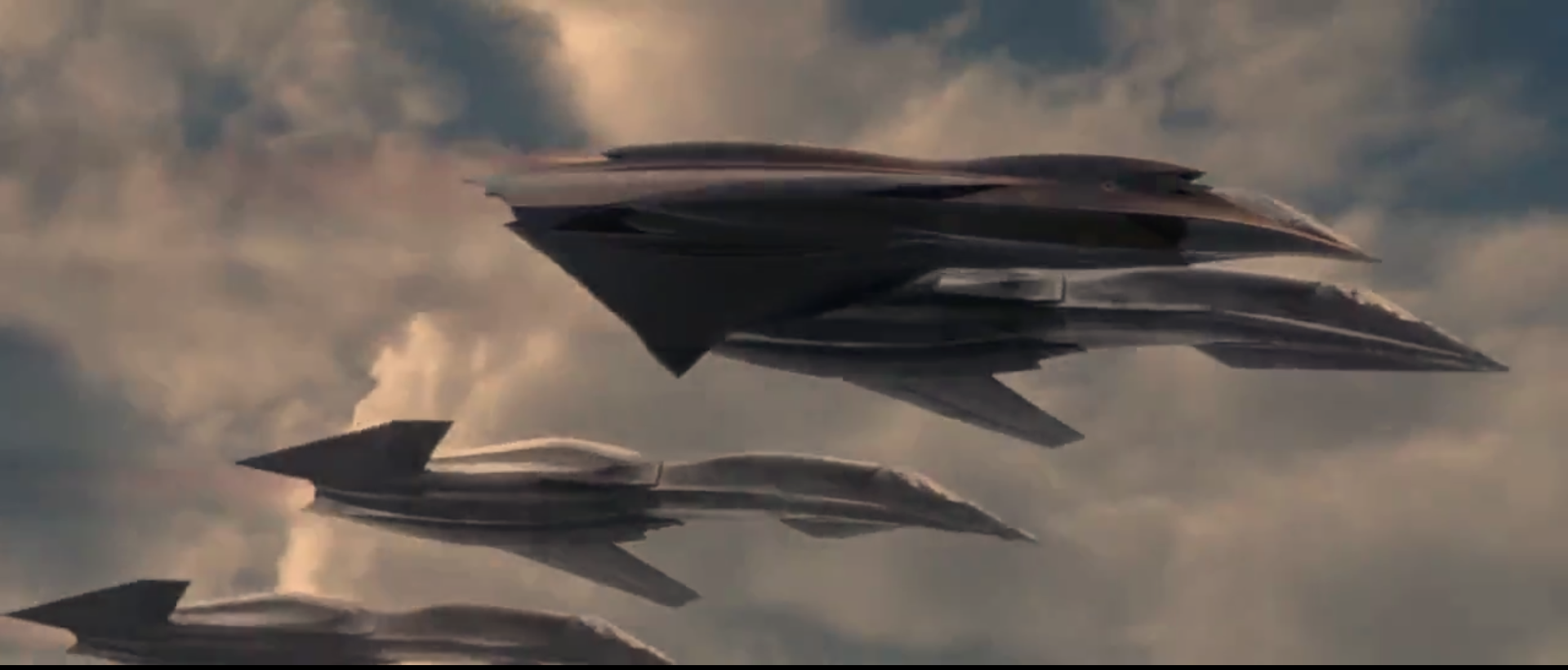
Let’s turn and burn! A movie about futuristic stealth fighter and AI-jet. Sounds familiar? This is Macross Plus live action with a sprinkle of Ace Combat and Yukikaze.
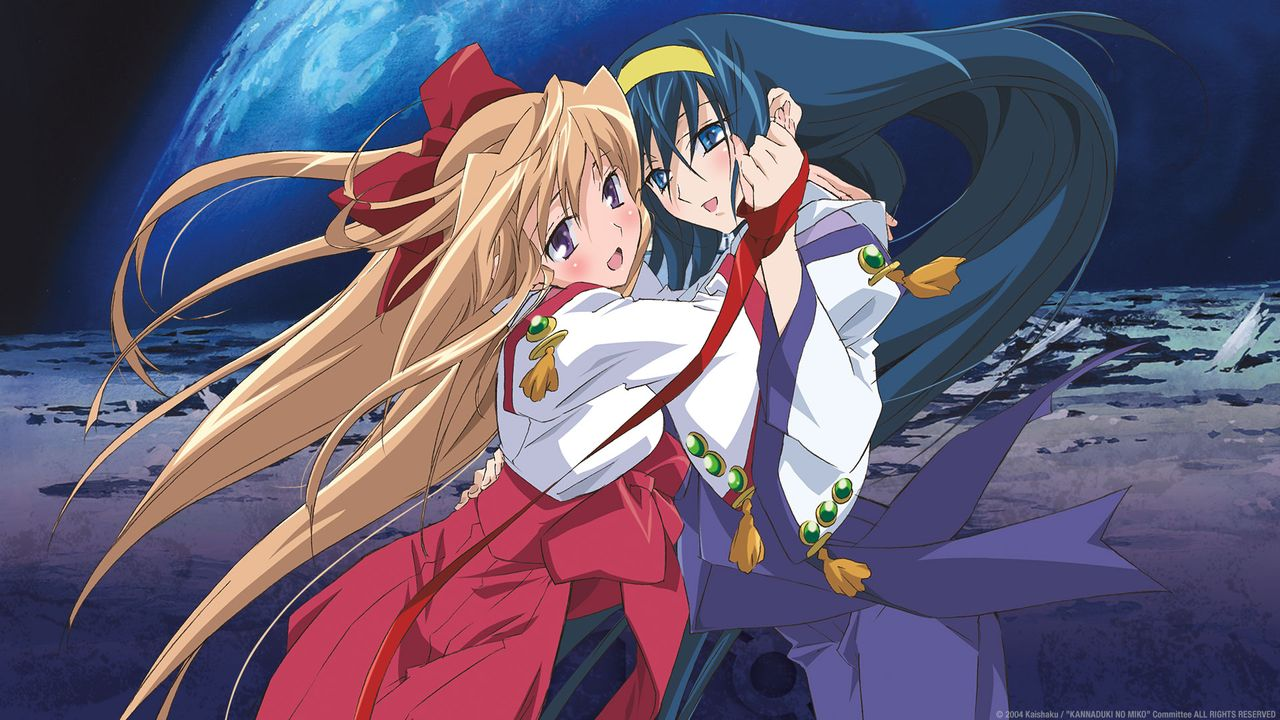
A combination between Japanese myths and mecha. An intricate relationship between 2 girls and one guy, with intense Super Robot combat in-between.
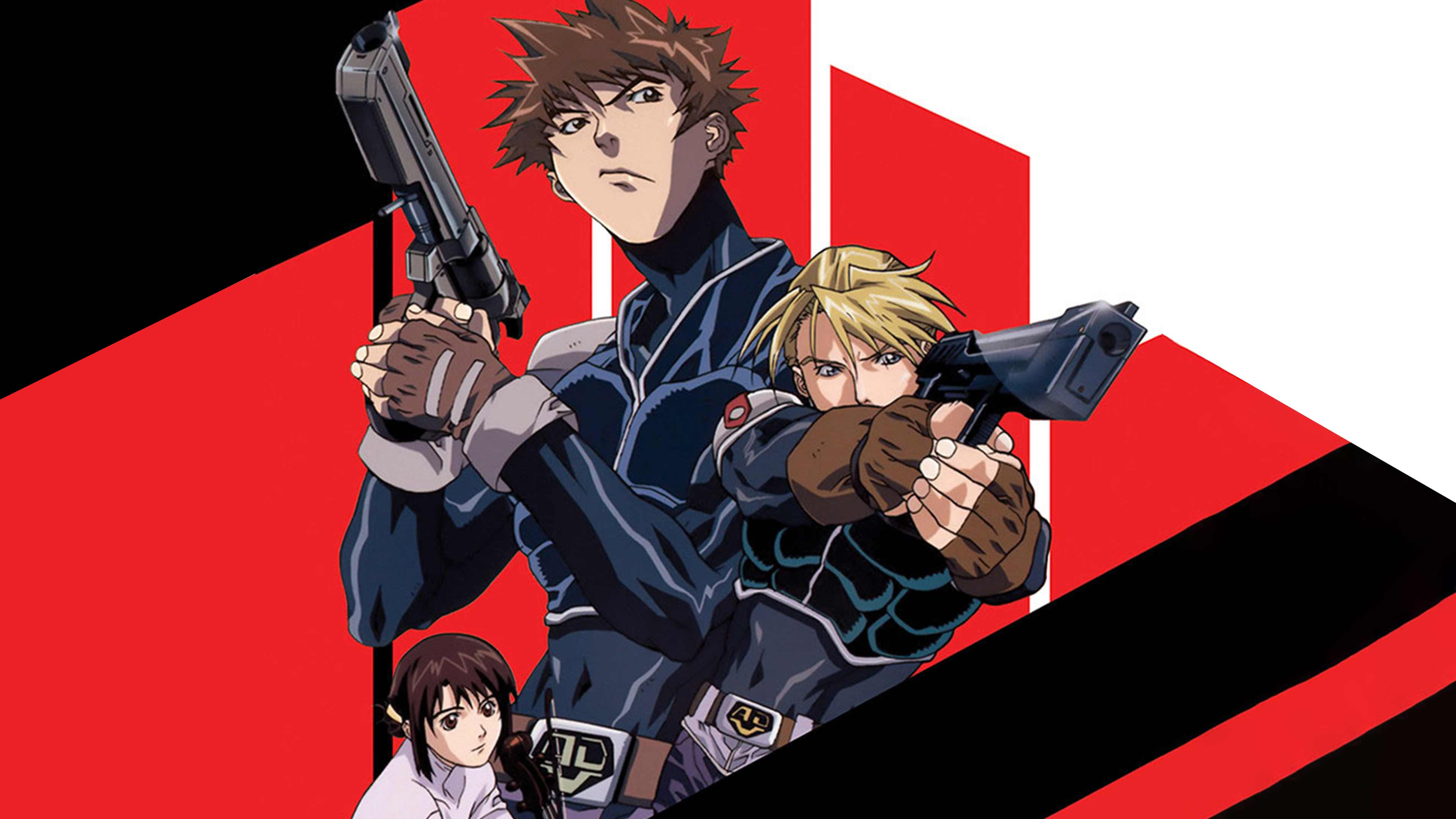
A chance to see the A.D Police from Bubblegum Crisis in honorable action. Two detectives take on cases of rampage Boomers, unraveling a sinister plot that can change the world.
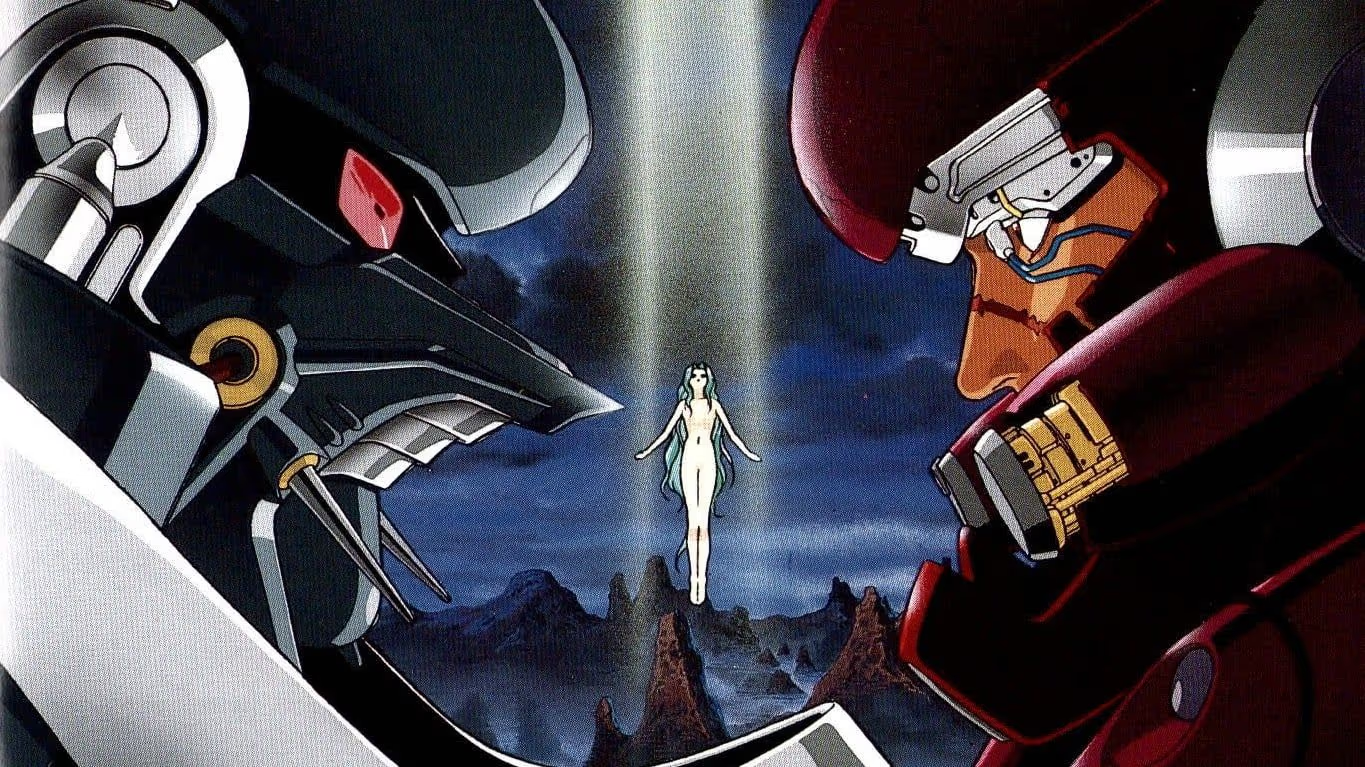
An apocalyptic tale of burning sand and monsters. A young man set out for vengeance, acquiring the usual hot chick and robot buddy on the way.
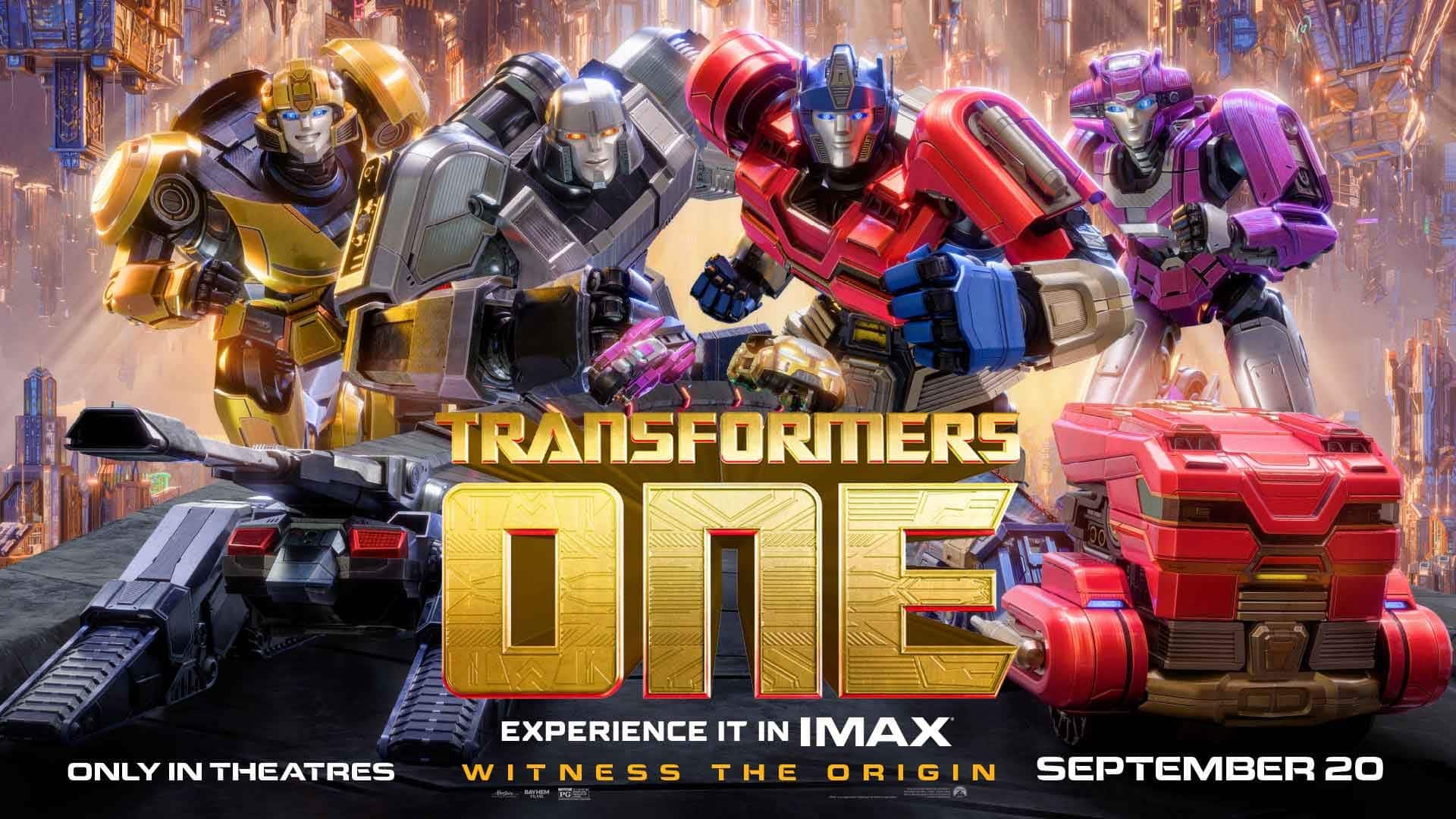
A refreshing tale about how the best of friends became sworn rivals. A vibrant, well animated movie where characters shine through their own merits, and bring a new wind to the franchise.
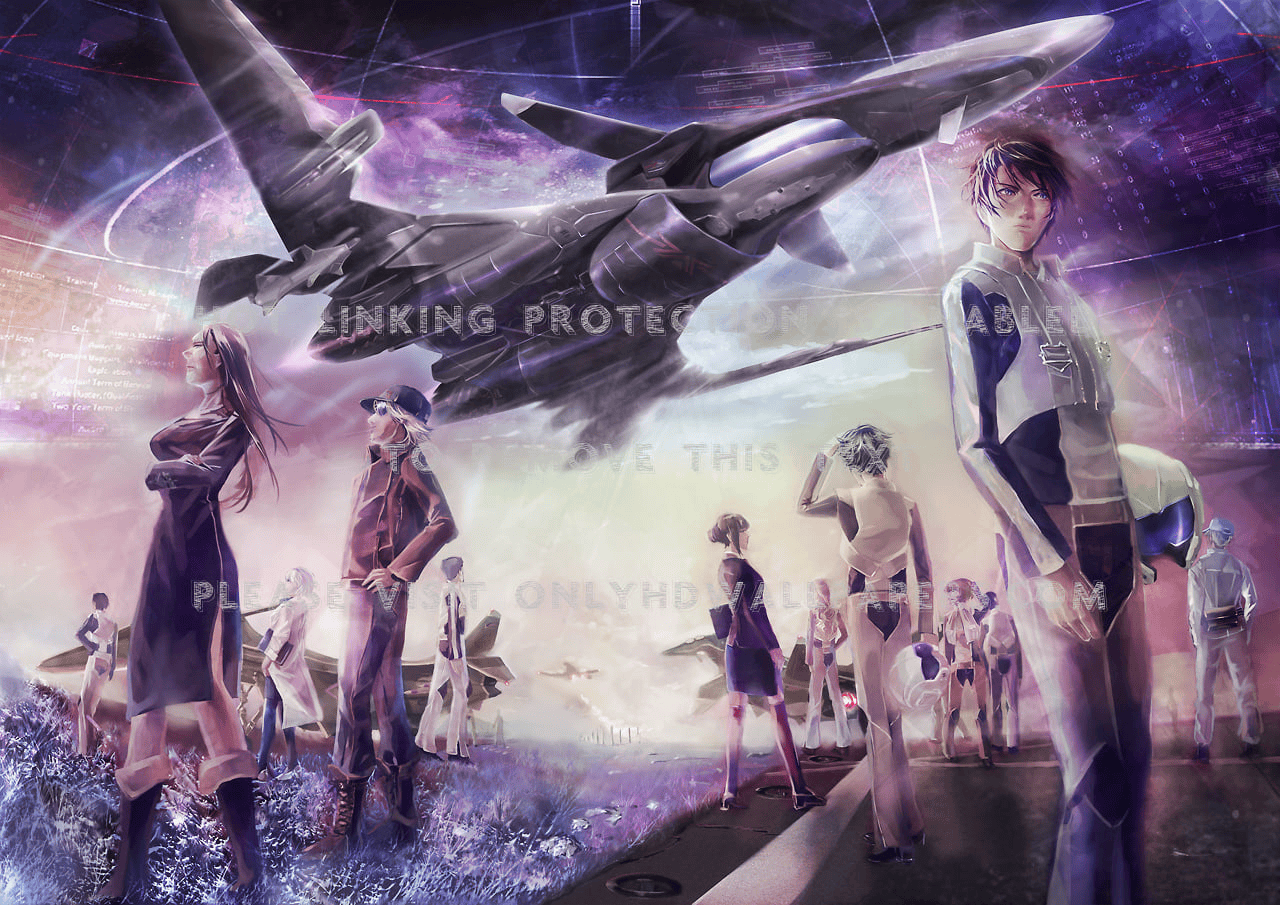
The fruit of collaboration with Japan Air Self-Defense Force, the air combat scenes of this anime is what set it apart
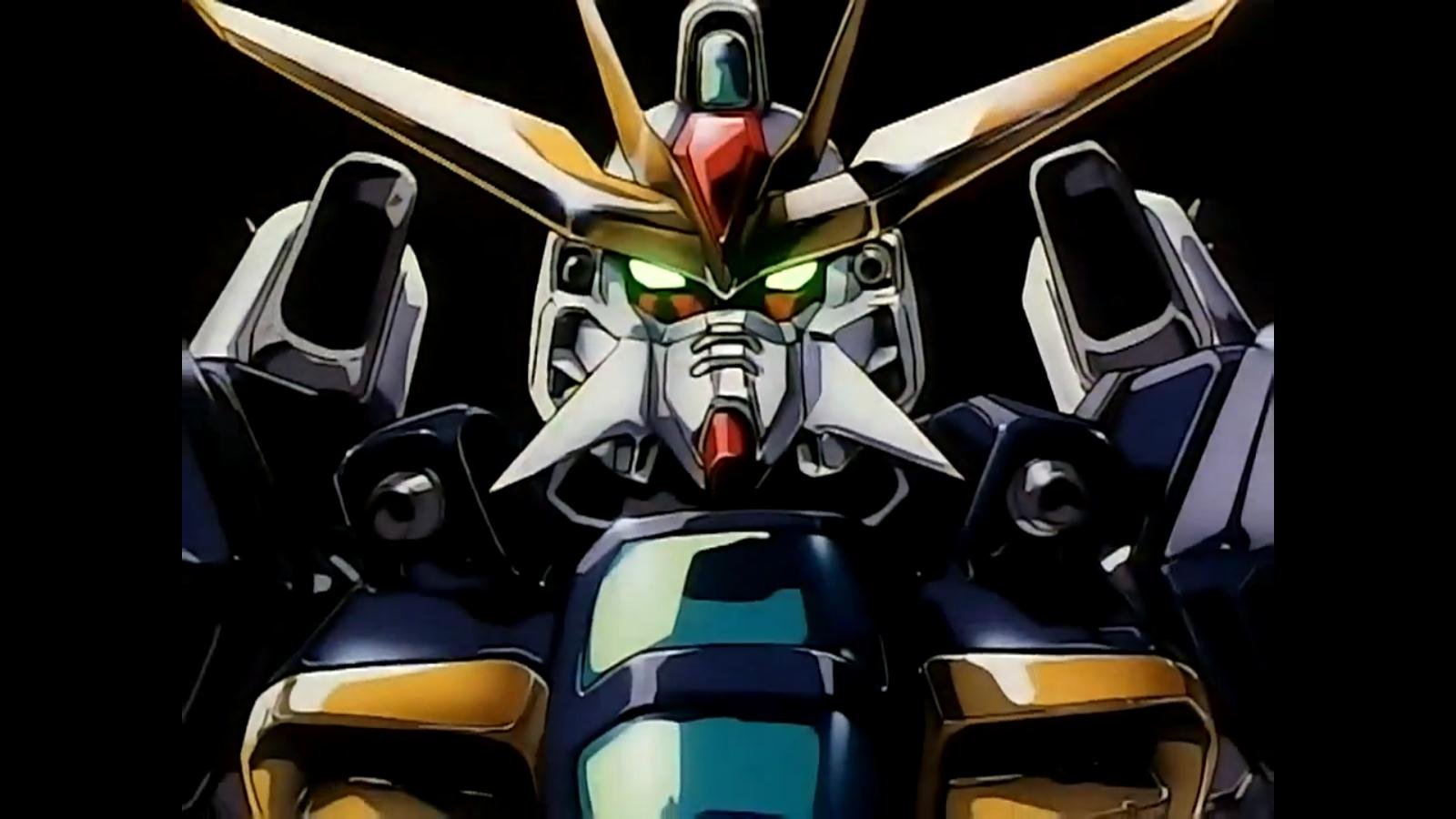
Despite often being overlooked by newer fans, After War Gundam X is a must watch for any Gundam lovers.

Passion makes satisfaction. A group of student show what they can accomplish with a mecha short film that leaves you desperately wanting more!
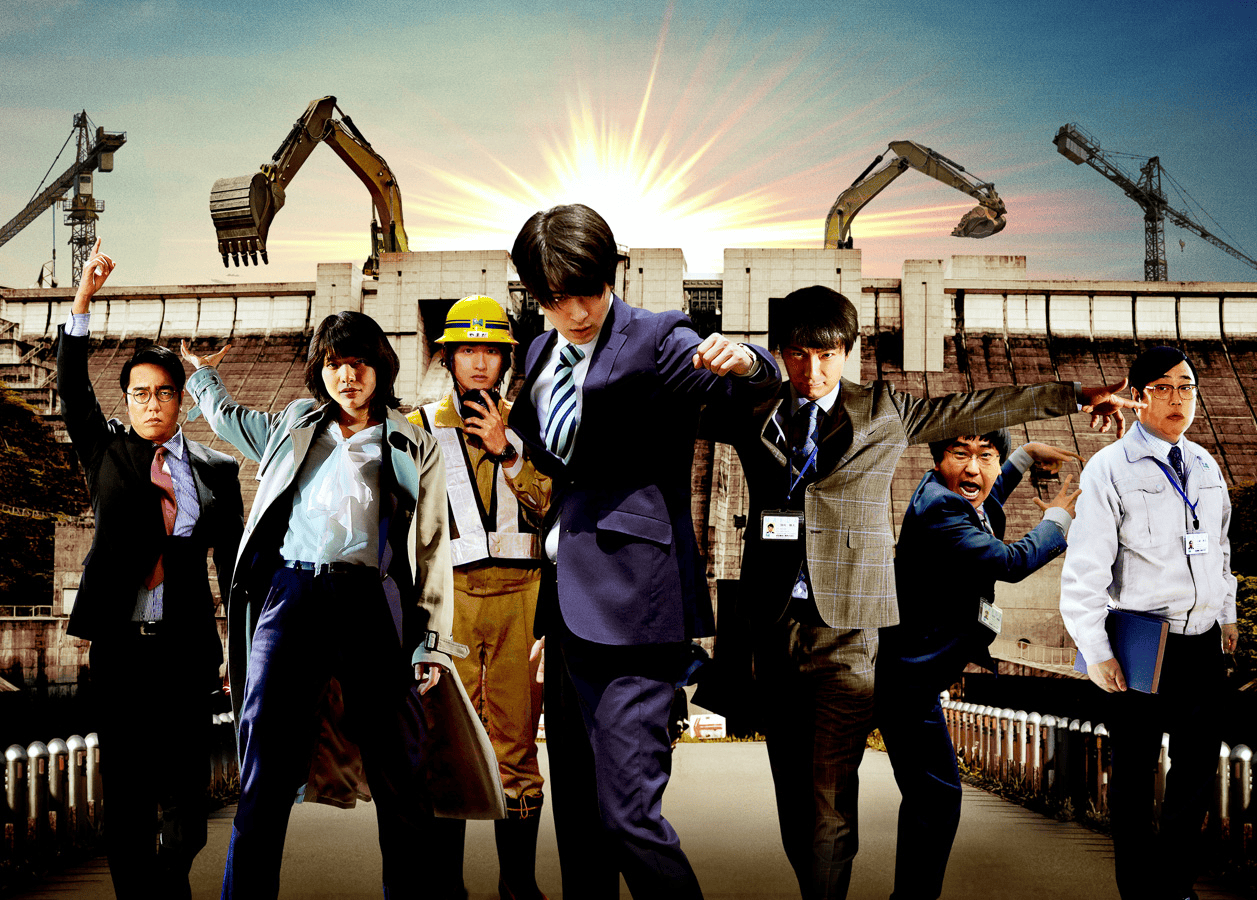
A seemingly impossible task of building Mazinger Z hangar in real life. A ragtag team of a planning company assembled the Fantasy Division to turn fiction into reality.

A light-hearted series that turned into intense space opera. The Girl Who Leapt Through Space leaps through many genre to deliver a unique experience and turn everyone’s expectation upside down.

A desolate planet now submerged in liquid. A totally unique and fresh mecha series where all the robots are underwater. Oh and there’s also a talking whale.
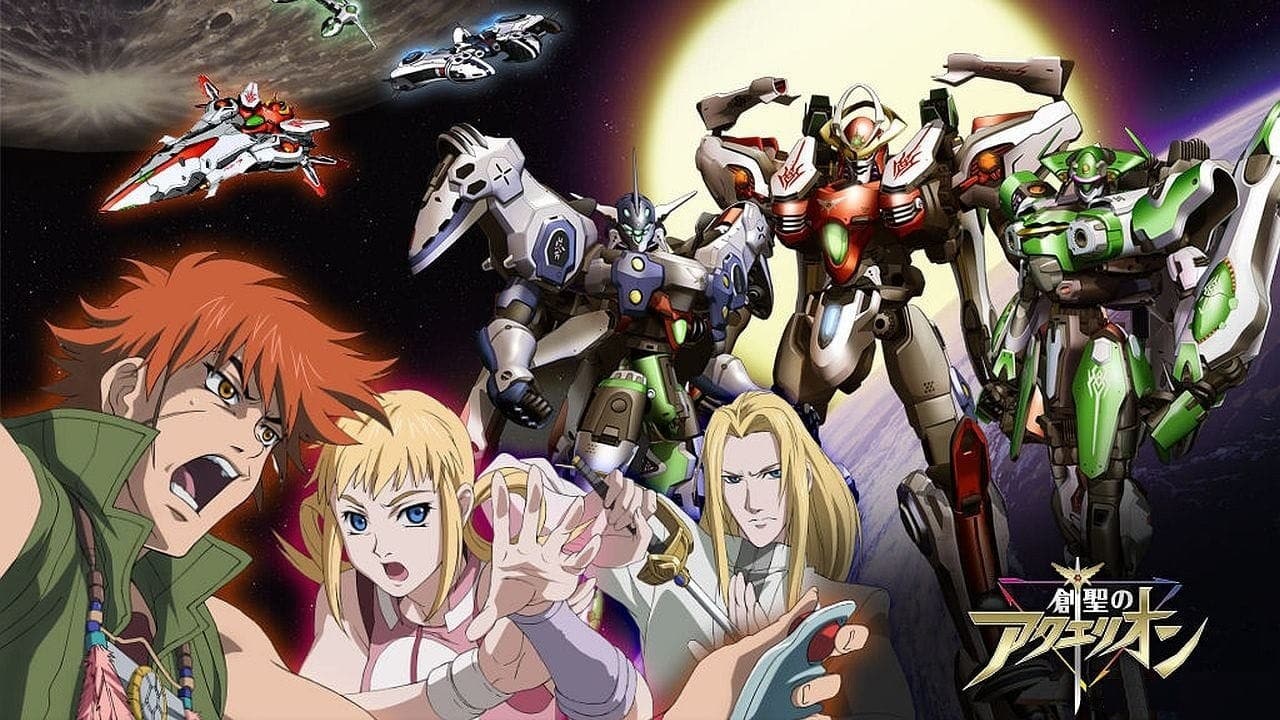
A love story that spans through 12000 years. The war between Angels and humans fueled by passionate emotions. Shoji Kawamori shows us why he’s the master of the sky.
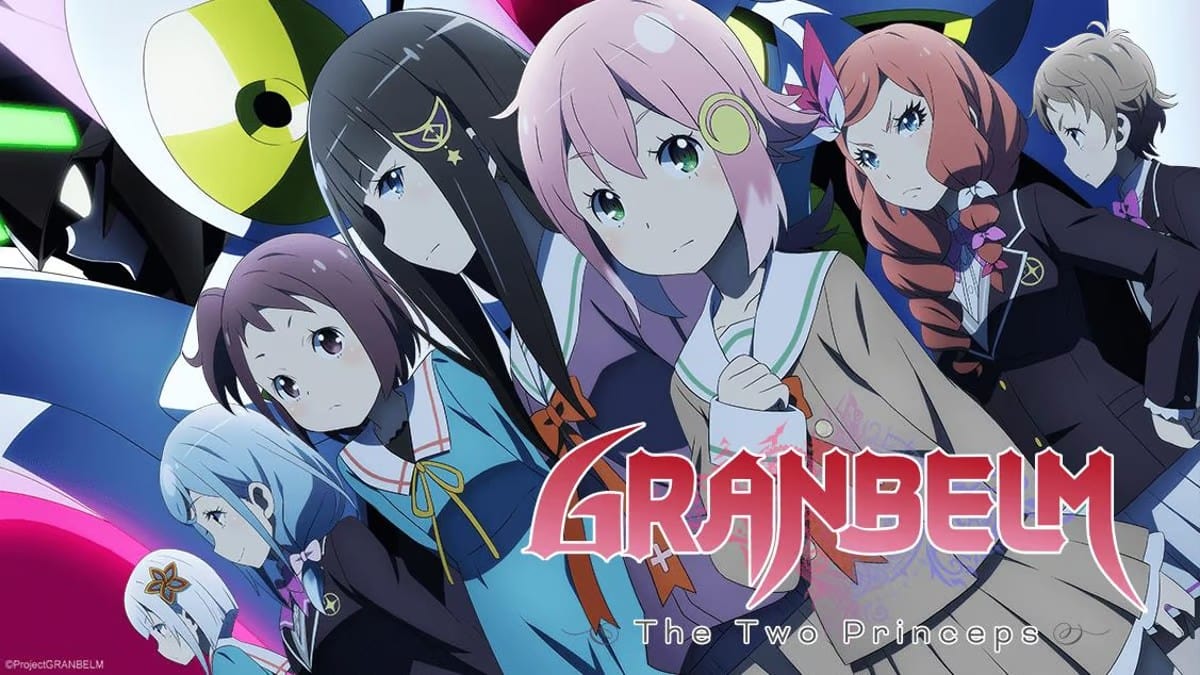
What happens if we mix Mahou Shoujo, Mecha and Battle Royale into one? We get Granbelm – an emotional story about the lives of young girls entangled in an ancient war.
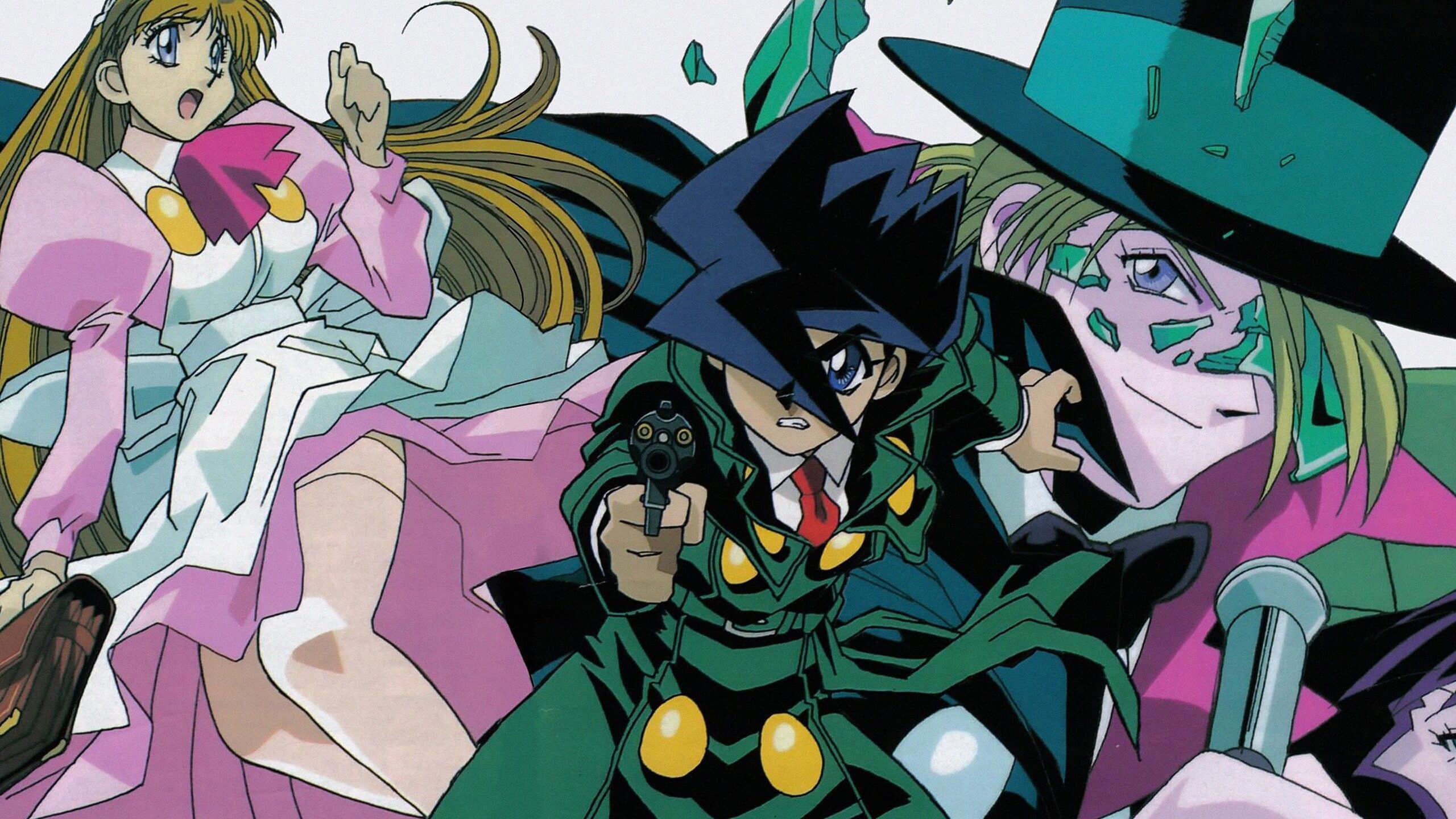
In the city of smoke and steam, a young kid works as a detective alongside his nurse and butler to protect the peace. An old classic for fans of the steampunk style.

The 2nd season of the lovely Mass-Produced Riko series. Join Riko and co as they embark on an all new venture, while drawing interesting lesson from building plastic models.

The long-awaited continuation of the mecha isekai of pain. Season 2 of Muv-Luv Alternative is definitely trying to woo you by slamming intense scenes at you – but is it worth it?

One of the most difficult to adapt Mecha series, Muv-Luv Alternative anime started off with a questionable season, but you should still check it out.

A remake of another Tatsunoko hero. The Space Knight returns with a completely new story, design and brings us on an emotional journey of a tragic hero.
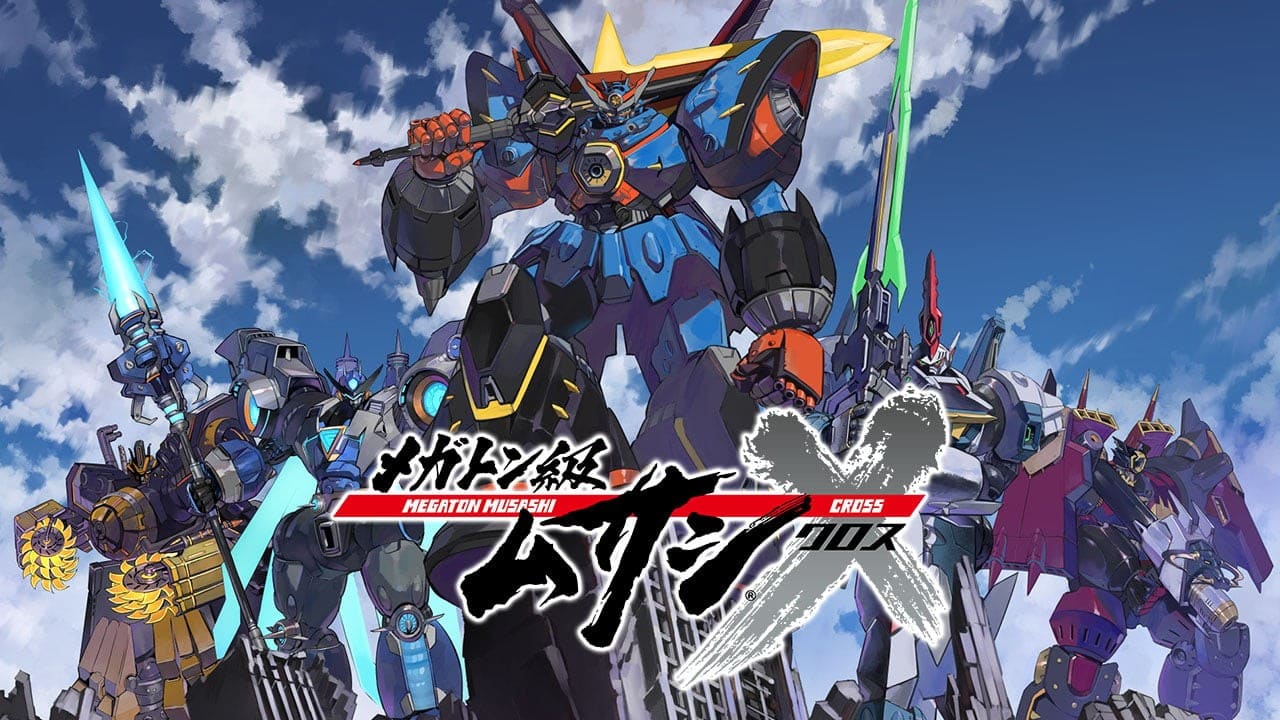
The continuation of the hot-blooded saga, this time filled with emotional drama and even more badass action. A great video game adaptation but not without flaws.
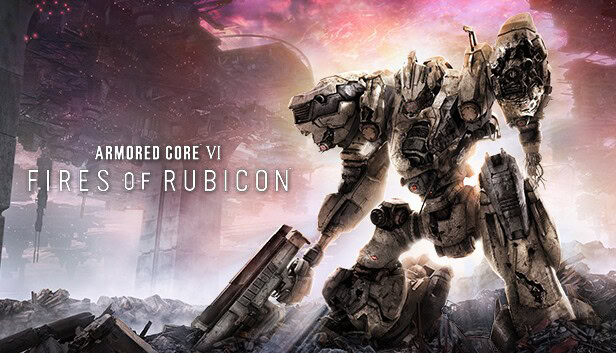
The long awaited legend’s return that satisfy all mecha fan’s longing for a good game. Armored Core 6: Fires of Rubicon is an experience you have to play to believe.
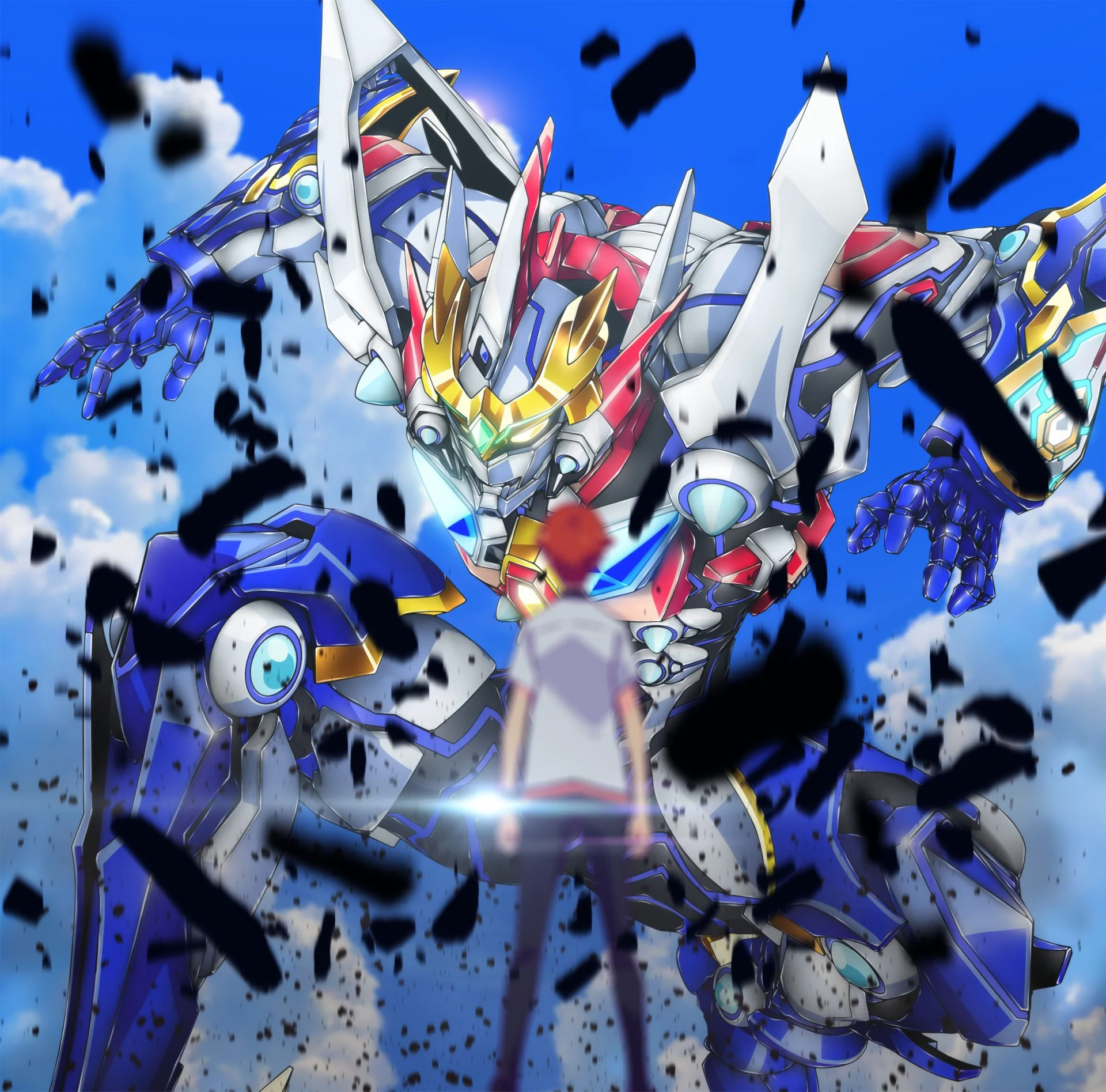
Universes collide as the cast of Gridman and Dynazenon is caught in a dimensional anomaly. But what’s more troubled is Yuuta – who has to become Gridman again with a troubled heart.
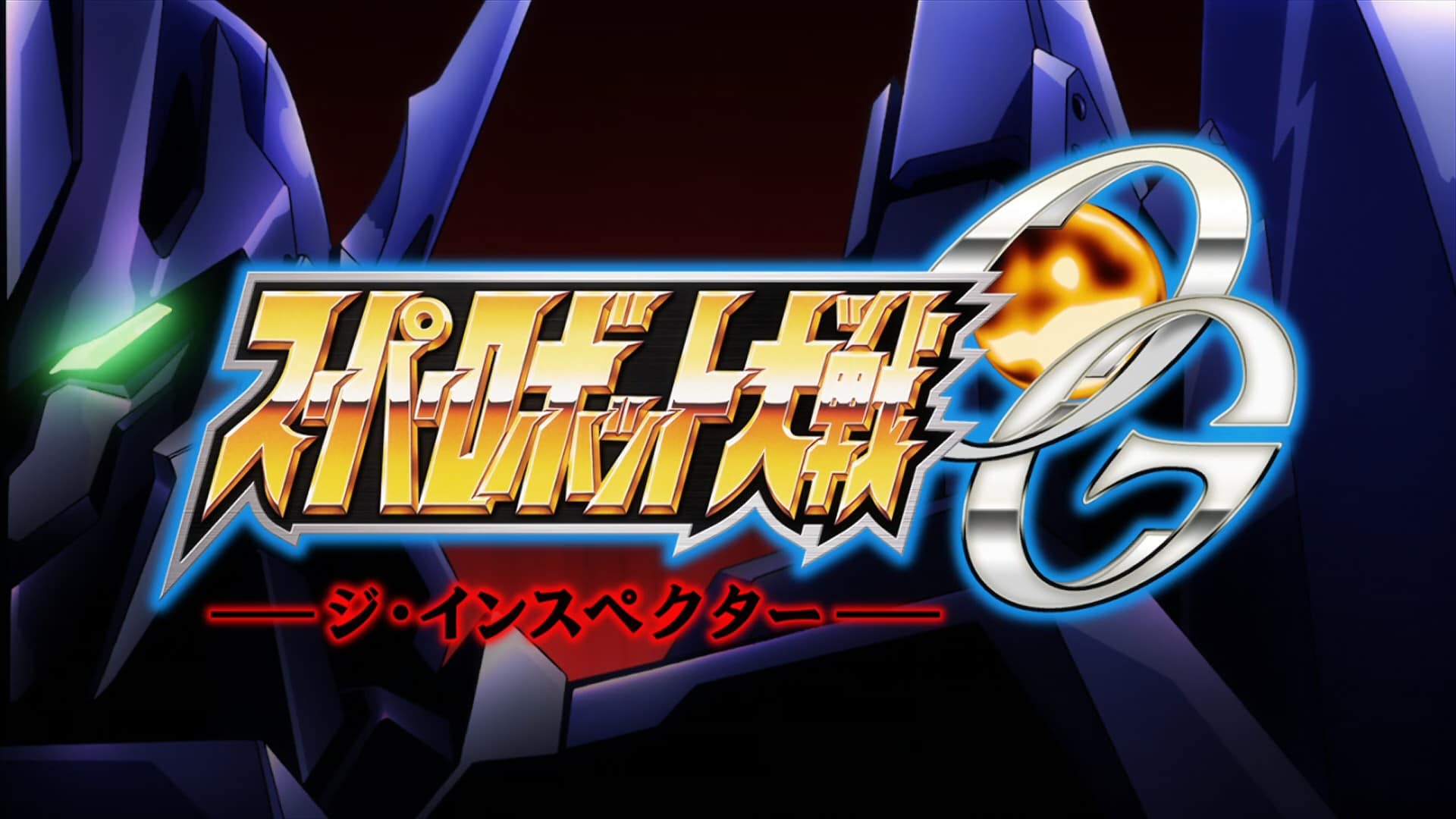
When you talk about the most badass mecha, you have to mention SRW OG and Masami Obari. And when these two combine, you get the best SRW anime of all time.
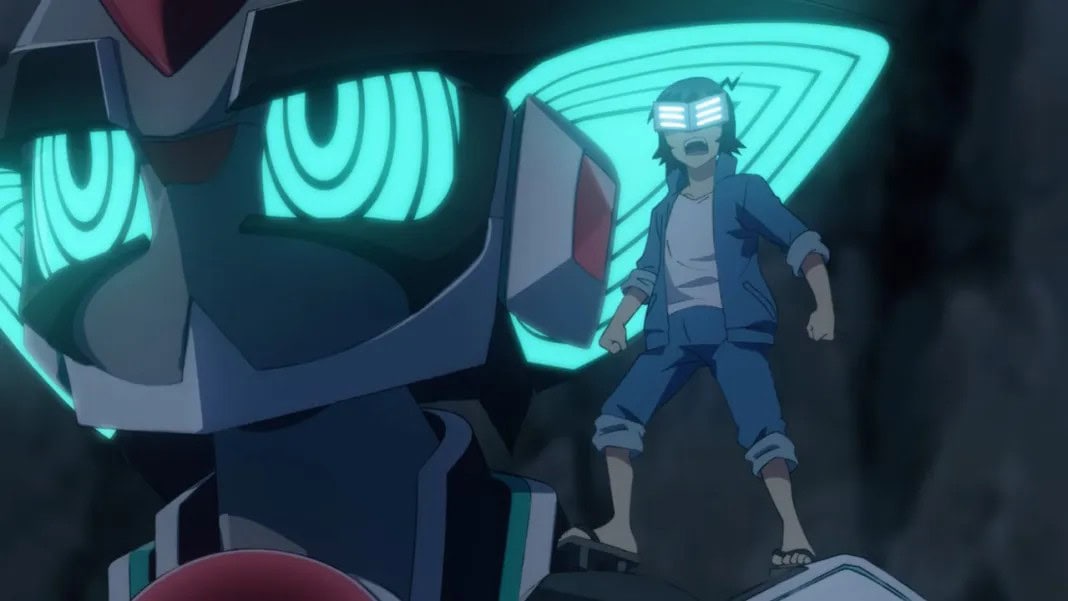
A unique series where the true pacifism versus justice. A bold premise and interesting gimmick make Planet With a very selective series in terms of audience – but it definitely deserves a chance.
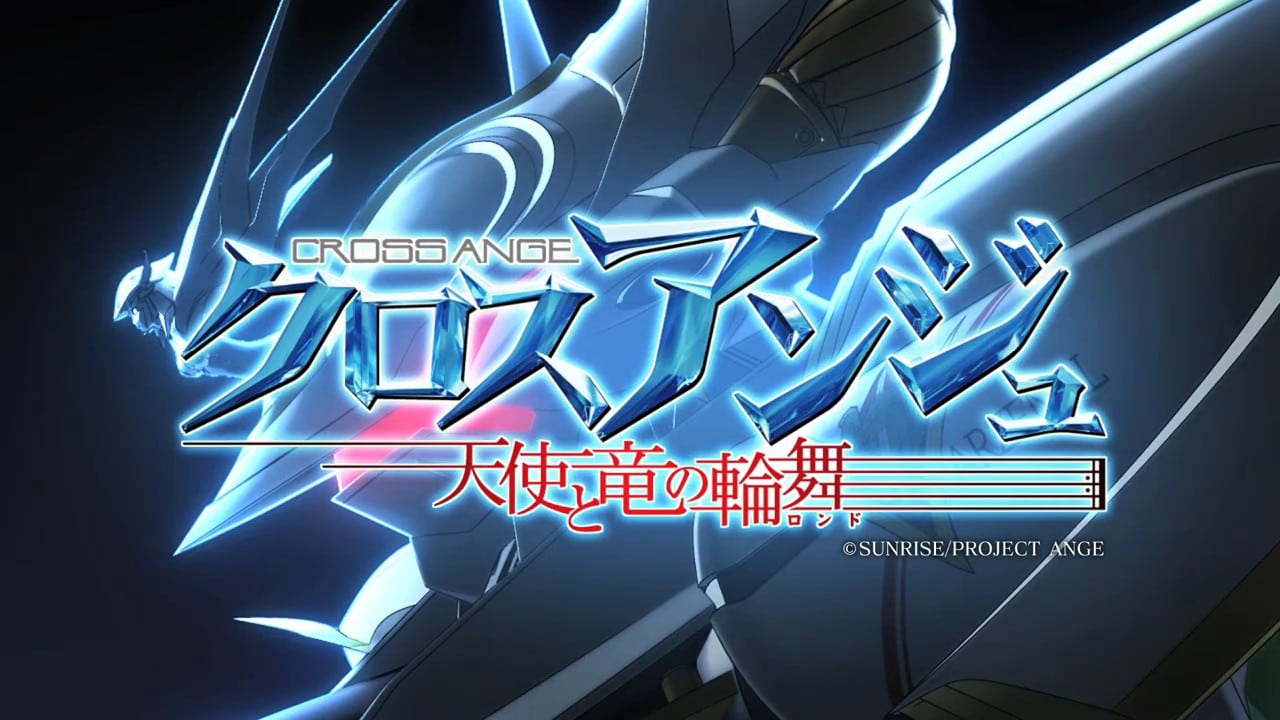
From the studio that created Buddy Complex and Valvrave, Cross Ange is another Sunrise’s original that challenges the limit of its audience once more .
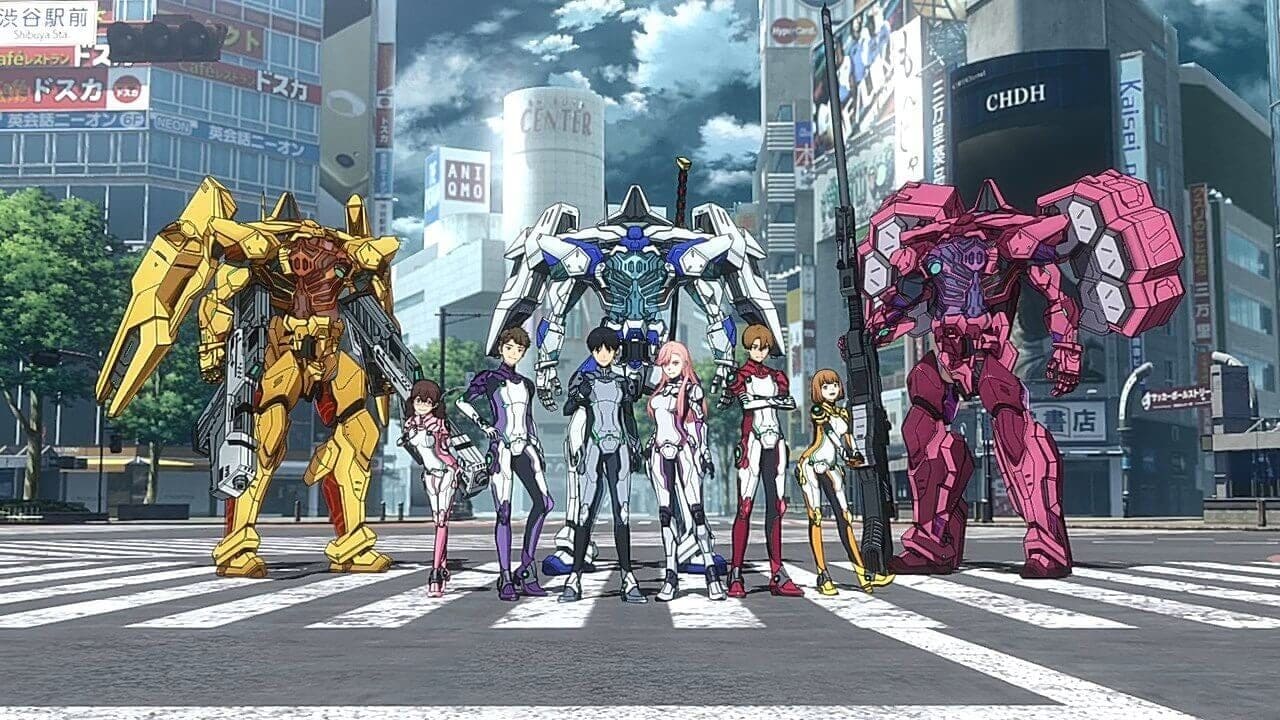
What will you do if you’re teleported to a time with giant grotesque monsters? For teenage student Daisuke Doujima, it’s a perfect chance for him to become a hero, and a saviour. But can he?
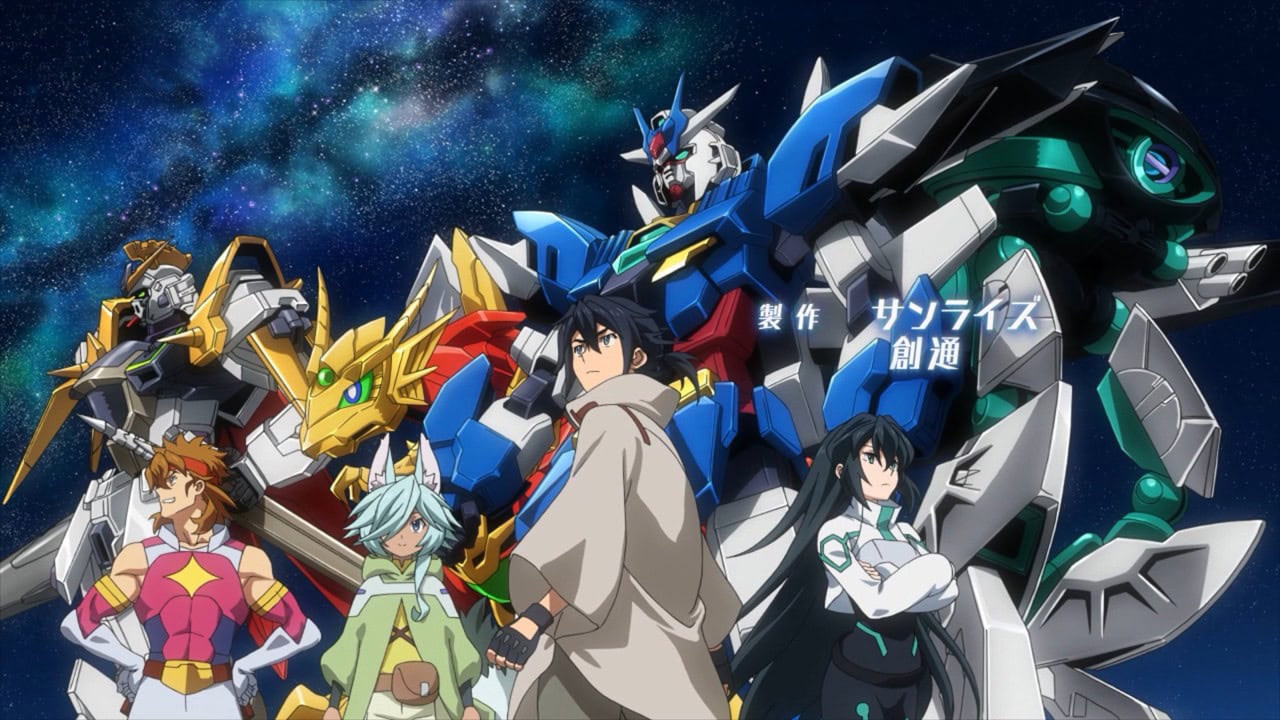
After 2 lukewarm series, Gundam Build rose to form again with Re:Rise. A story with deep characterization for a diverse and likeable cast and awesome Obari action.

Time to go digital! Build series is going full SAO and virtual with Build Divers – a light-hearted series and fun to enjoy without the need to complicate things.

Following GBF, Sunrise wanted to capture the magic with TRY. However, they fell just short of greatness but still create a series with amazing Gunpla battles.
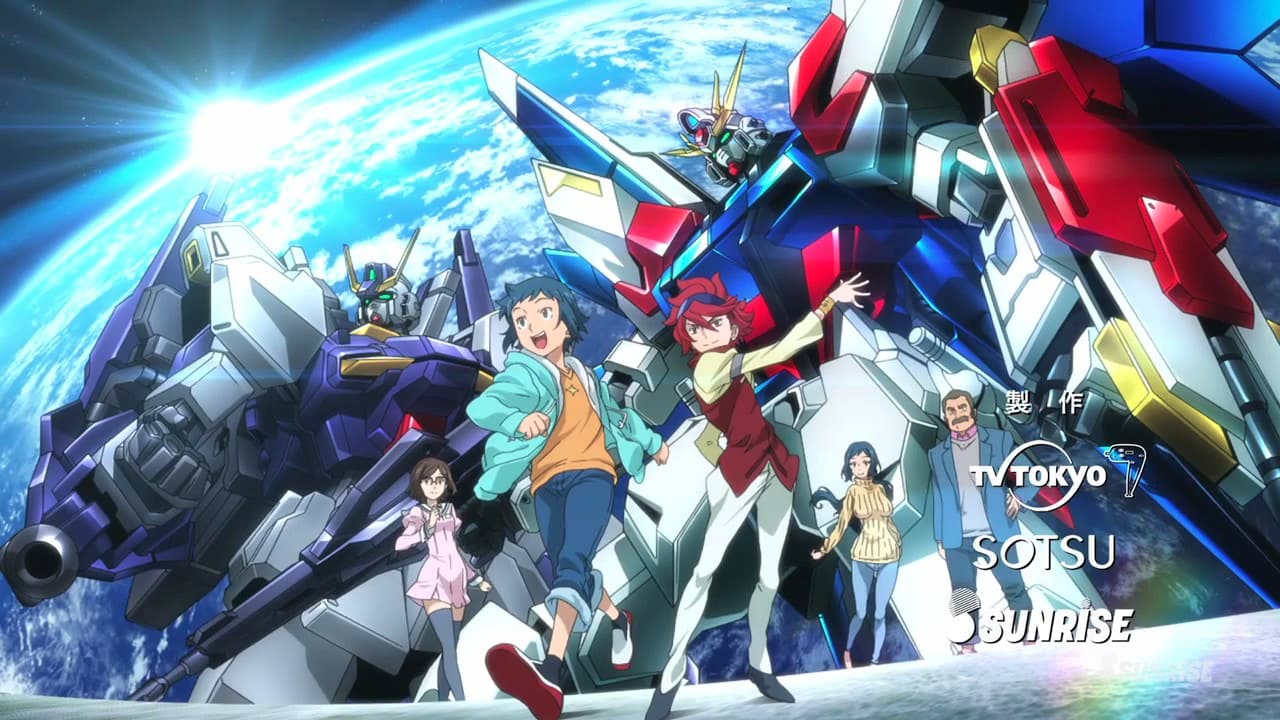
A hobby turned combat sport. Sunrise’s effort to attract new fans turned into a compelling series with gorgeous battles featuring iconic MS from the franchise.

The first animated Build series, Beginning G opened up new venues and excitement for the hobby, with light-hearted yet intense traditional MS battle.

Do you want a Gundam series with a brighter tone but still has banger battles? Then Metal Armor Dragonar is a perfect series for you!

A series about building regular model kit, and using them to find inspiration in life. A very uplifting and chill series for mecha fans to change their perspective on their hobby.

The sequel to SEED – a series that brought Gundam on top of the radar. Destiny is a sequel that earned both the intense love and hate within the fandoms.

An anime adaptation of a sci-fi novel with the same name, Yakitori really stir up the scene with its unusual storytelling and animation style. However, the characters really hold the series up.

A Fafner novel written by Tow Ubutaka – the person who understand Fafner the most. Explore Kazuki’s POV and his relationship in a way you’ve never seen before.
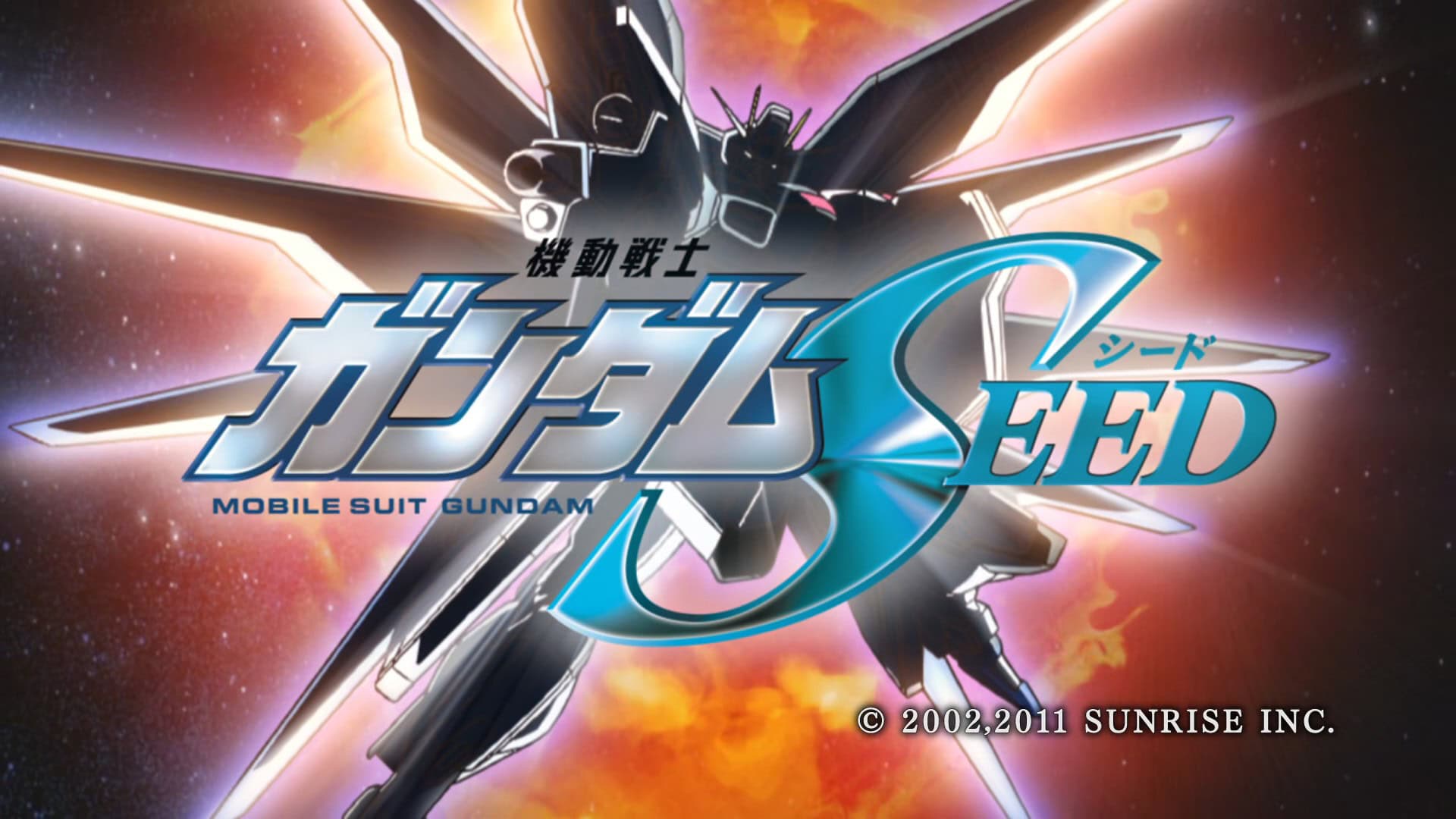
A new Gundam for a new era. Gundam Seed is one of the most popular modern Gundam series that has fans all around the world. And it also received much love from Sunrise as well.
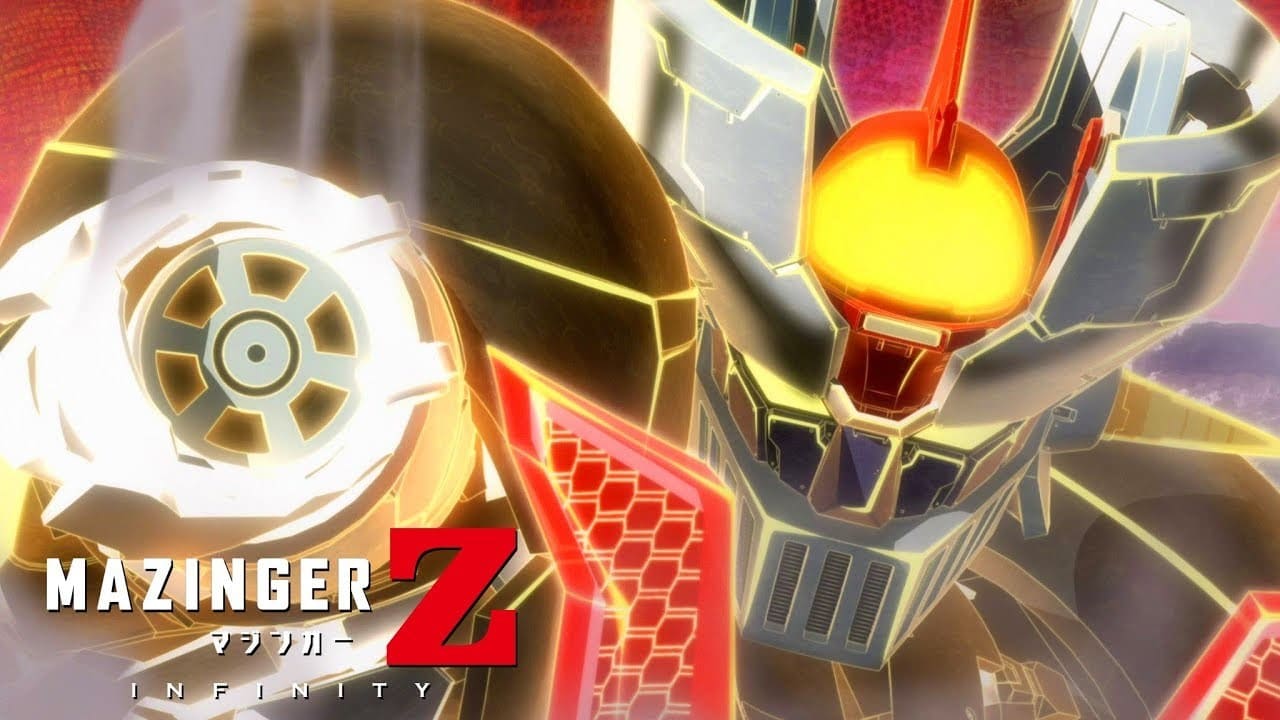
A love letter to commemorate the pioneer of the Mecha genre, Mazinger Z Infinity remind us of the conviction and justice that the Iron Castle had, is, and will stand for.
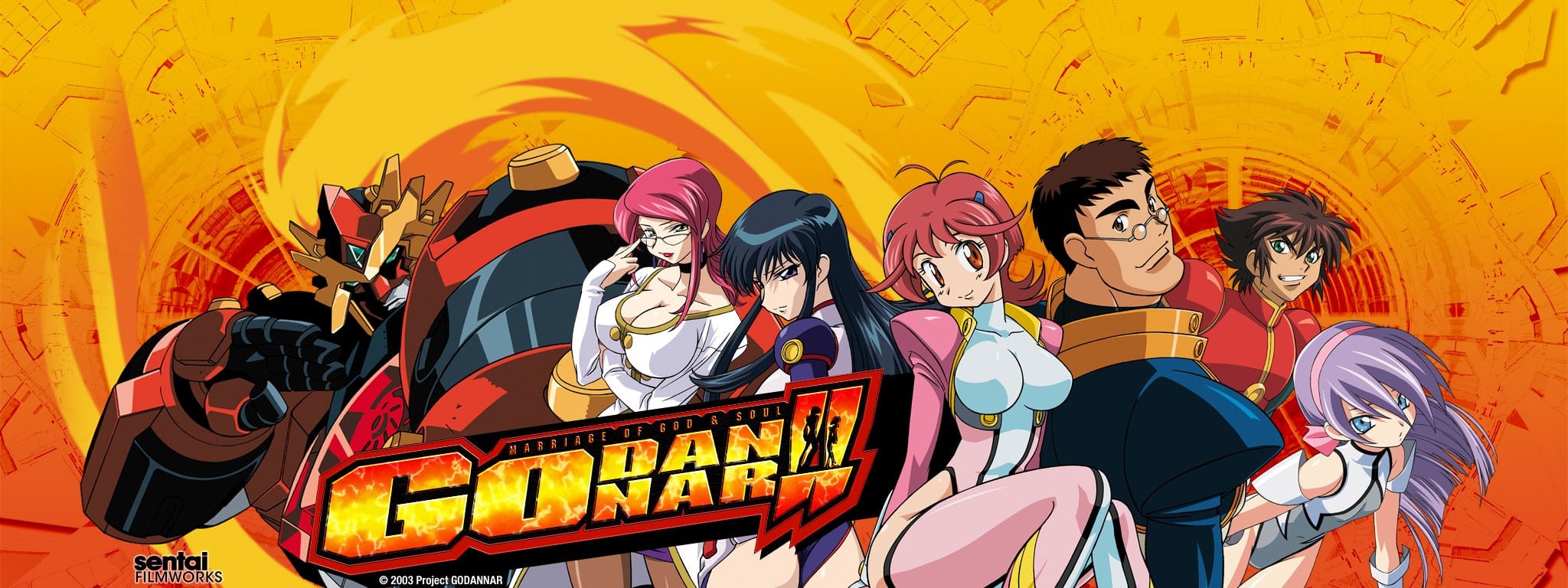
A badass and action-packed super robot series with an age-gap marriage between the two main characters. A hearth-throbbing and passionate tale about love and perseverance.

A new story of the boy who awoken a machine. Casshern Sins follow a conflicting young man in a world where life seems meaningless, yet everyone yearn for it anyway.
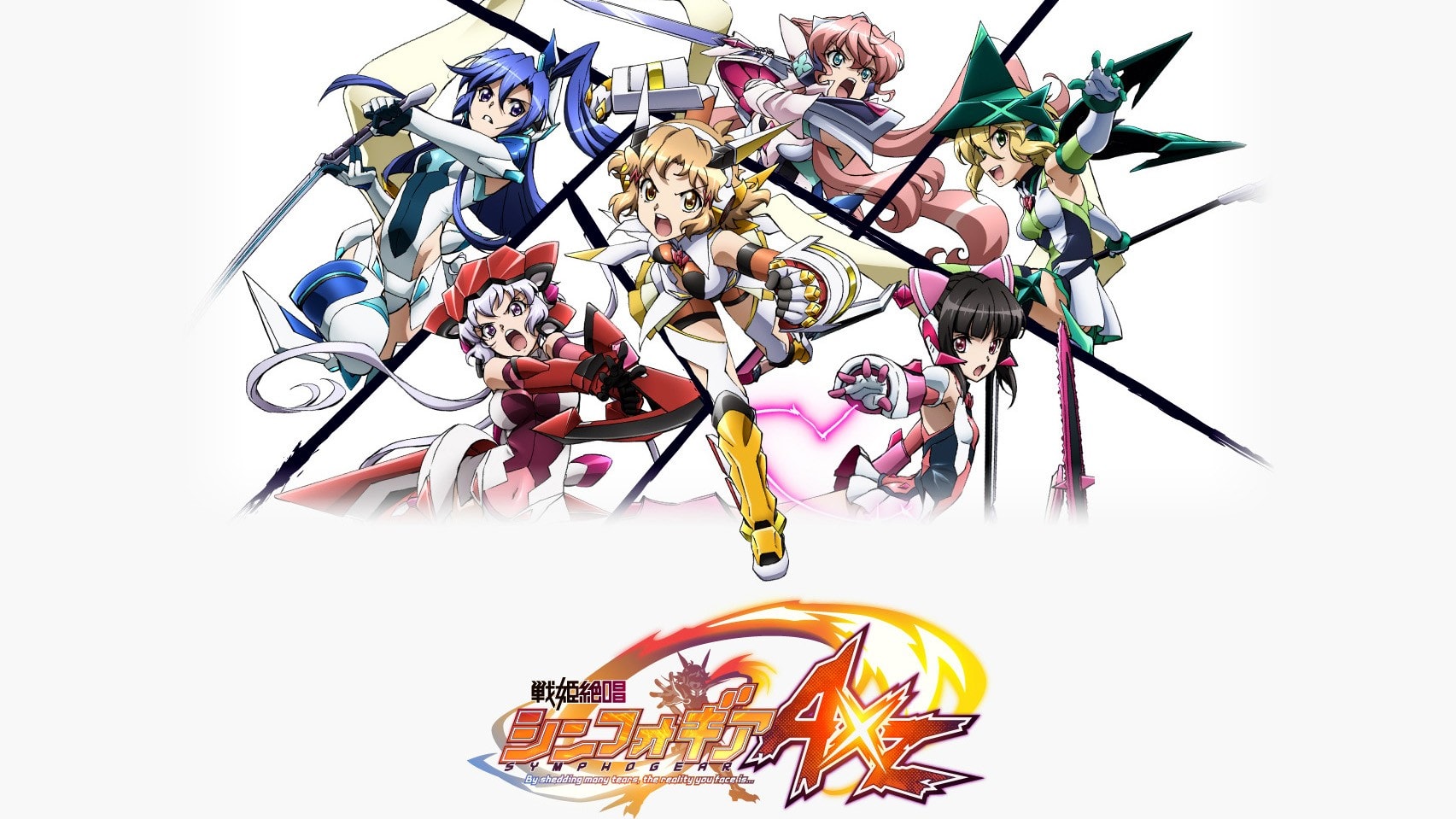
Just when things have calmed down, the Gear Users once again face an apocalyptic threat from a mysterious high order. This put Hibiki and her friends at risk once more.
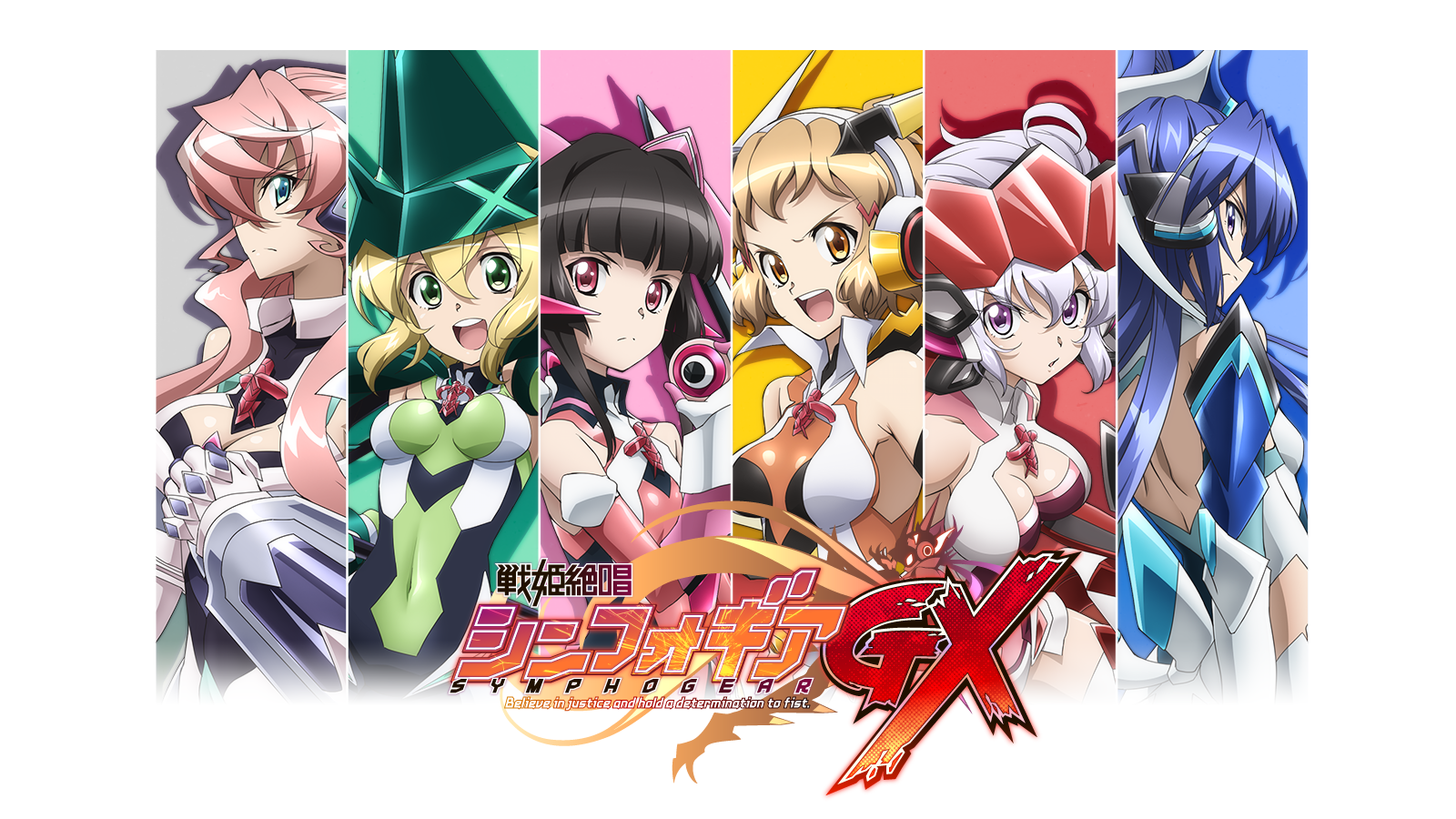
New threats emerged to threaten the world. But new allies also appear to bring the Gear’s songs to a new level. A new battle await the girls!

Mahou Shoujo x Tokusatsu combined with plenty of mecha references, Symphogear bring us an audio and visual experience that is just the beginning. of a great franchise.
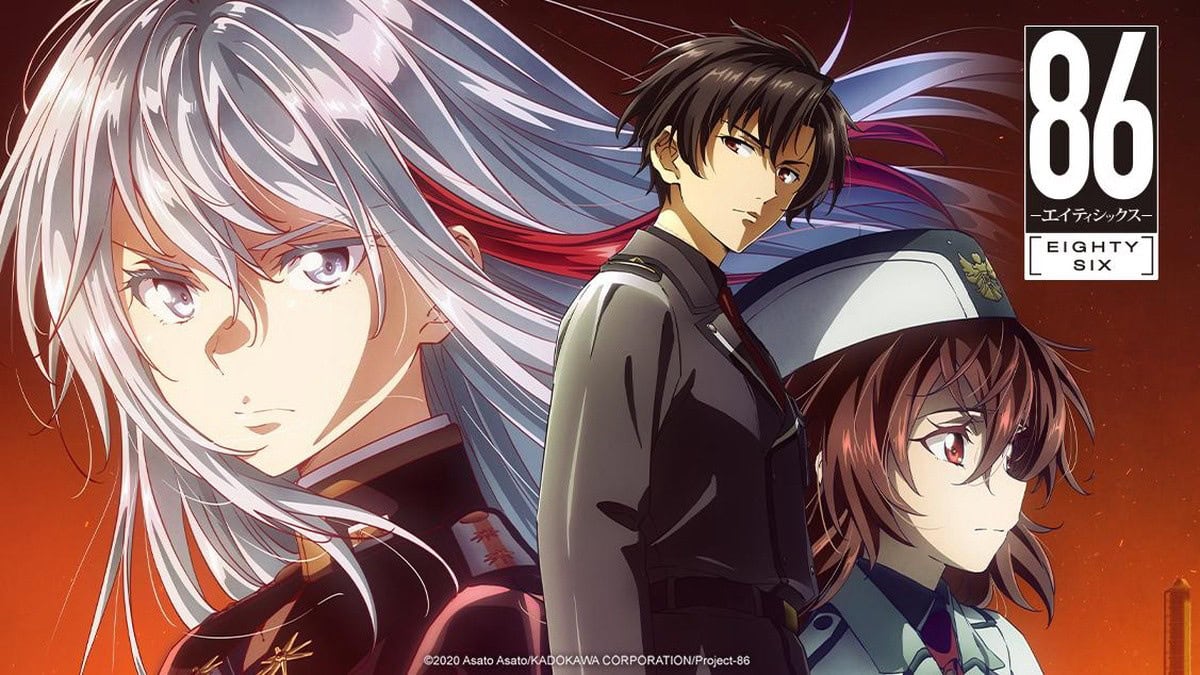
A new nation, a new story, a new battlefield. The reborn Eighty Six must choose between a life of peace or death. Will the Reaper be able to move on?
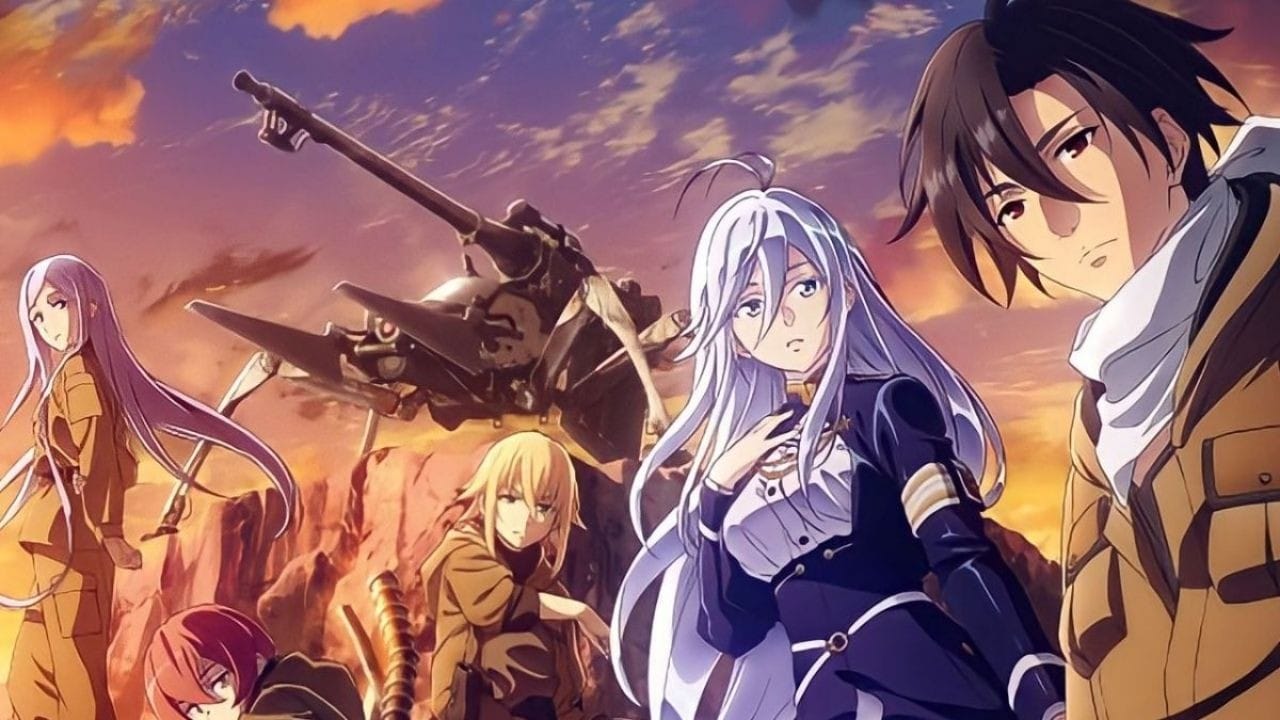
The depressing, gripping yet hopeful world of Eighty Six brought to life with A-1’s adaptation. The vision of Asato receives a depiction so emotional like no others.

A fun dogfight experience with some mecha combat thrown into the mix, Strike Suit Zero scratches some of that Macross action game that PC gamer has been wanting.
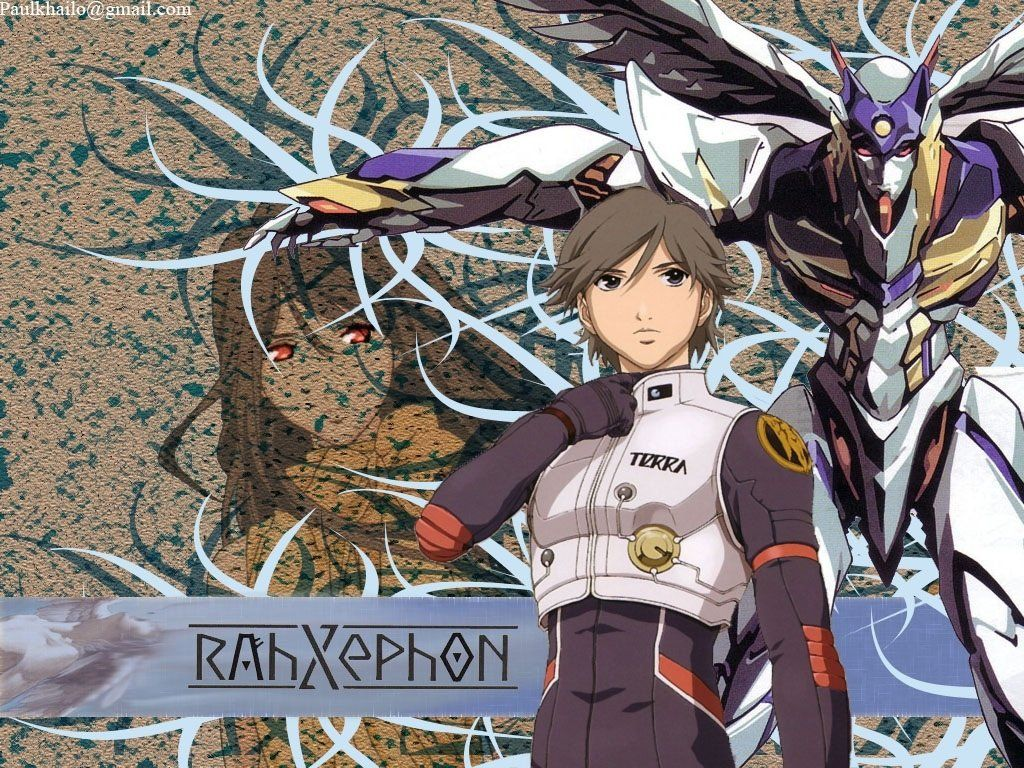
With his life completely smashed apart and turned upside down, teenage boy Ayato had to navigate a new world while being the key to control the winged giant RahXephon.
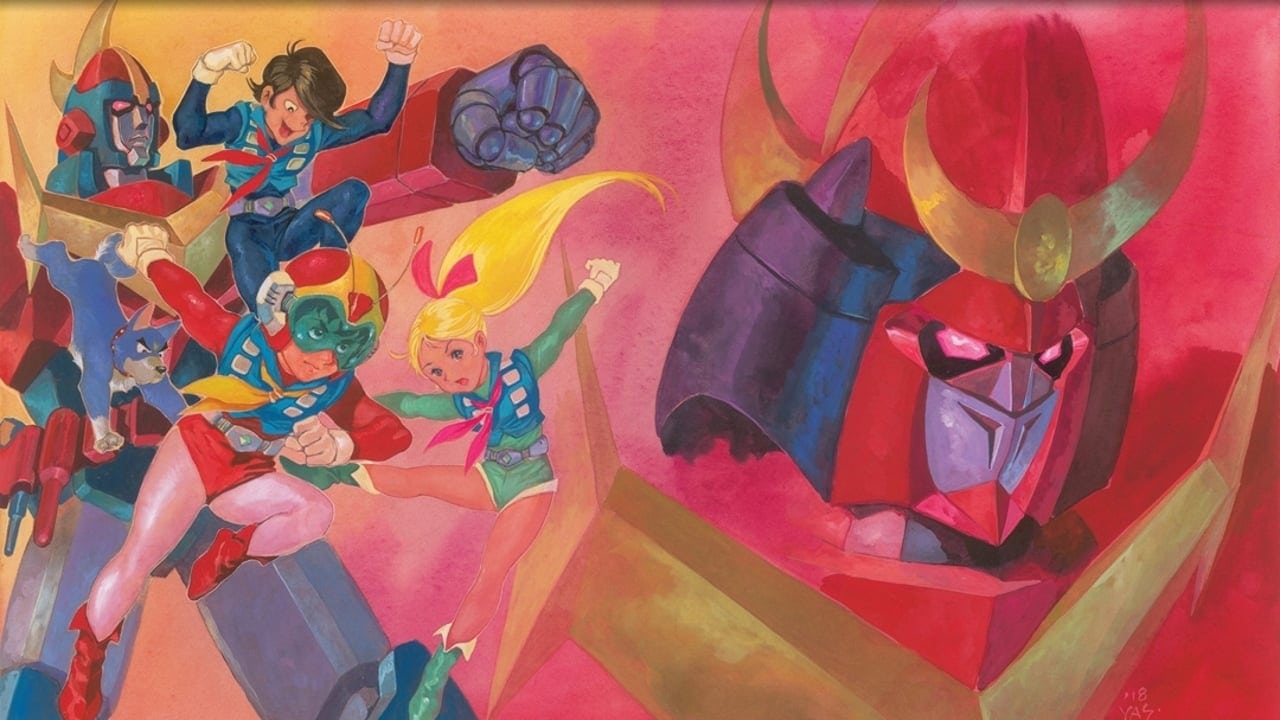
Not just your usual 70s Super Robot, Zambot 3 is more than just a battle between good and evil, but also about endurance, perseverance and the unyielding heart to do what’s right.

Expanding upon the original work of Yokoyama-sensei, GR: The Day The Earth Stood Still introduces a world where the supernatural and super-technology co-exist. And in the midst of that is a Giant Robo.
